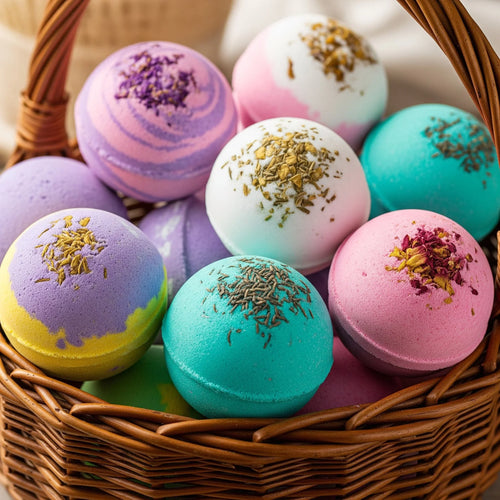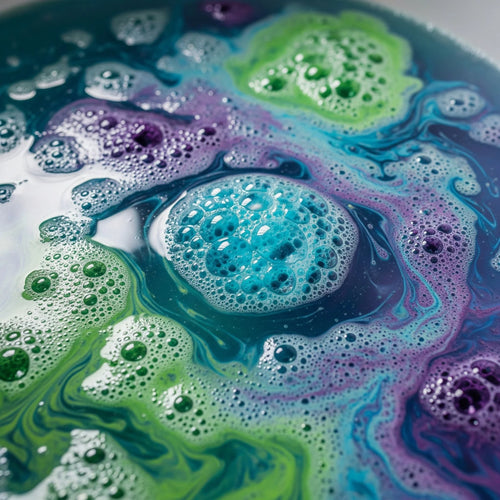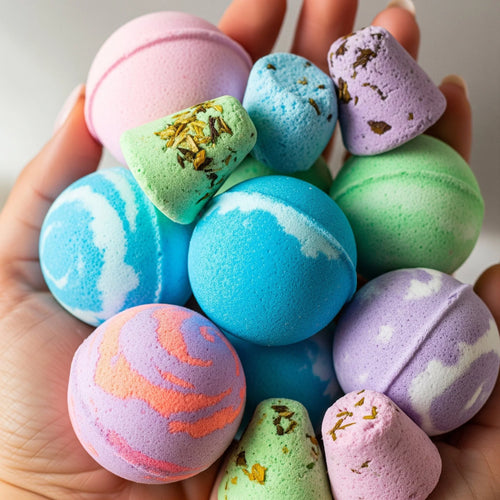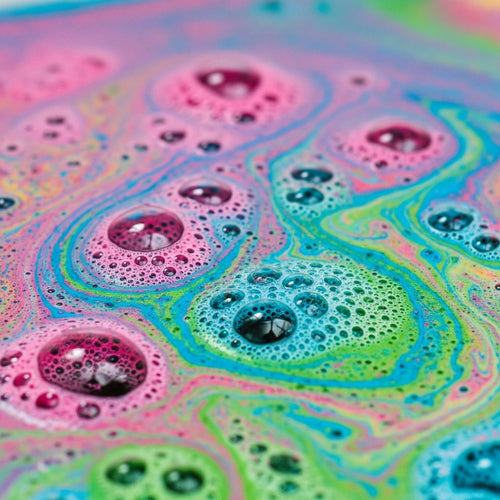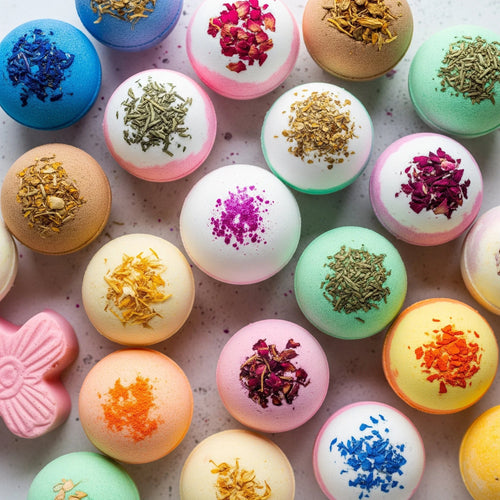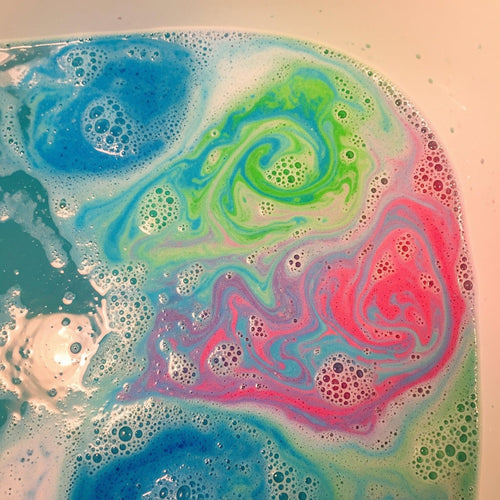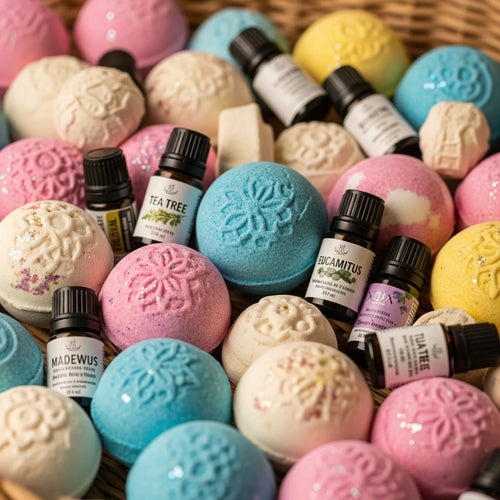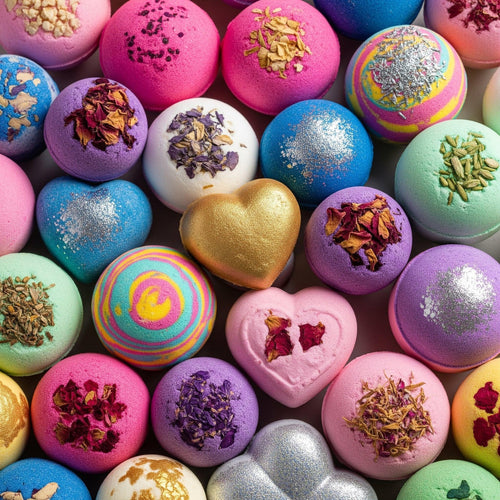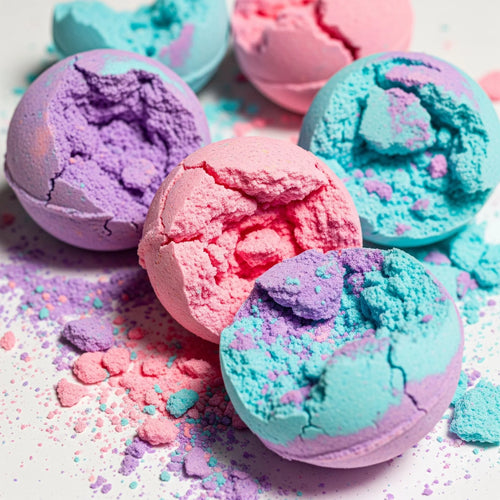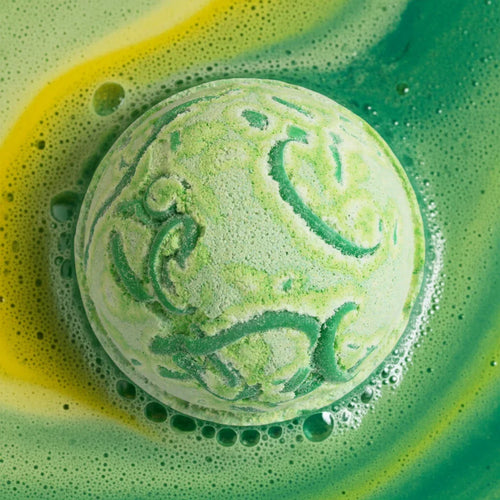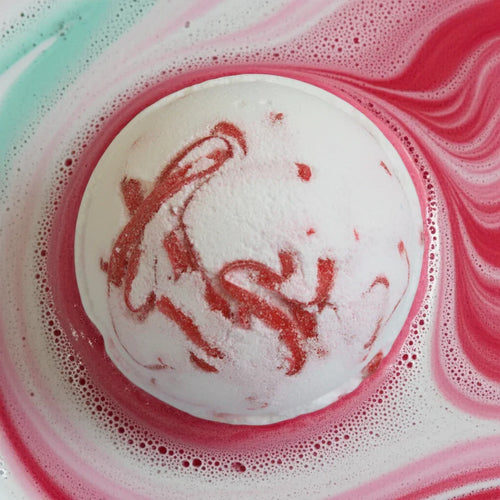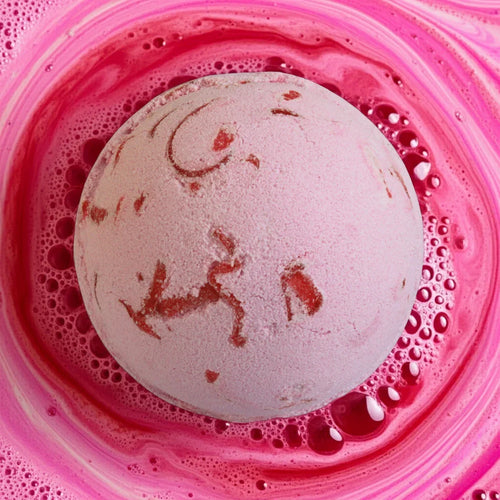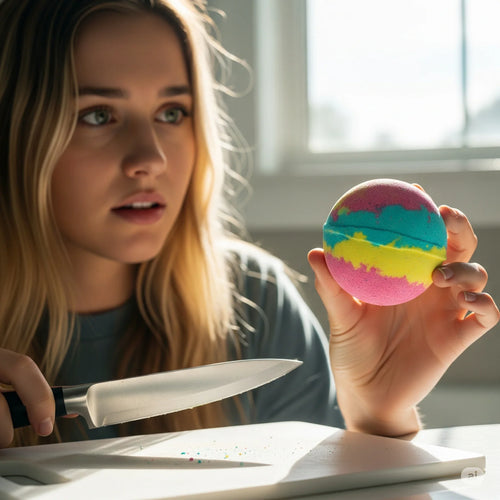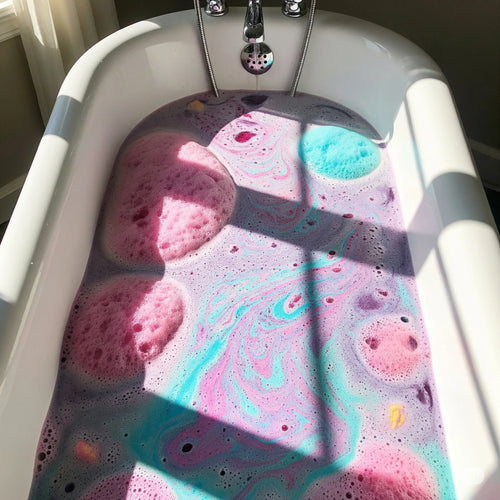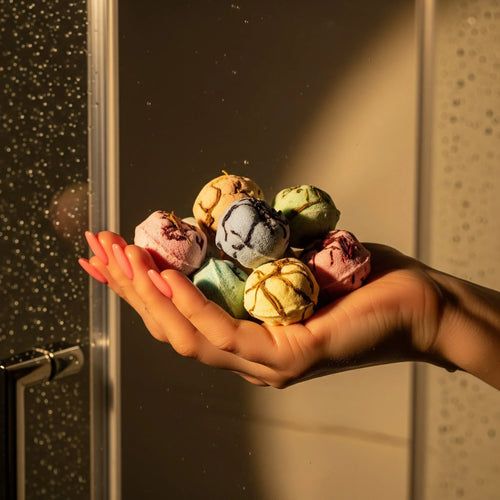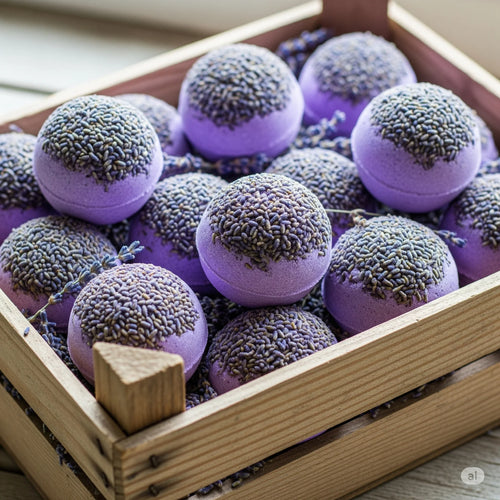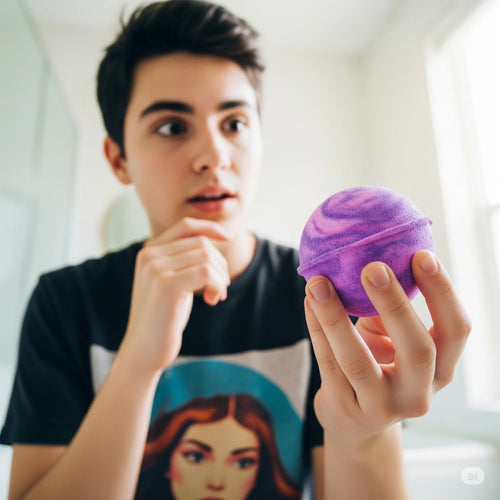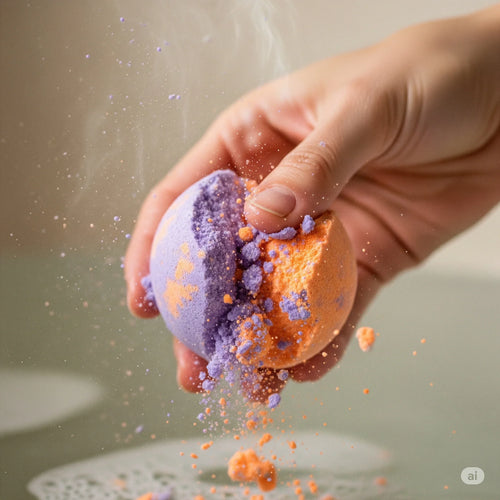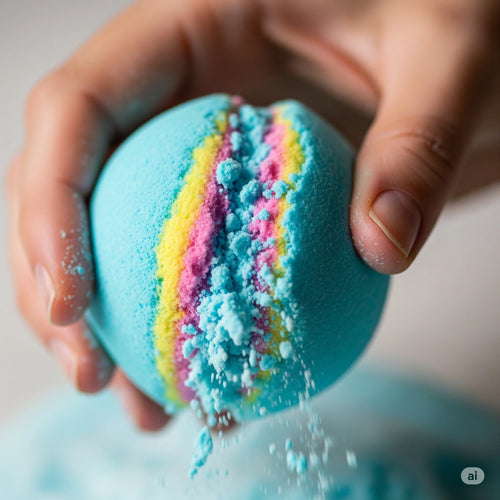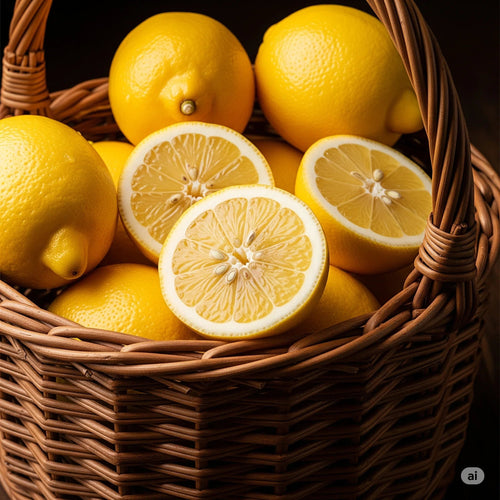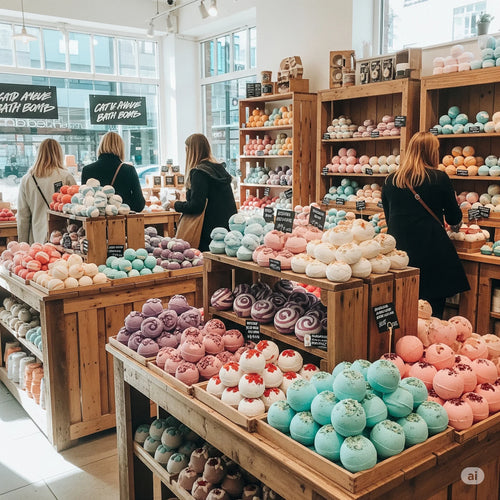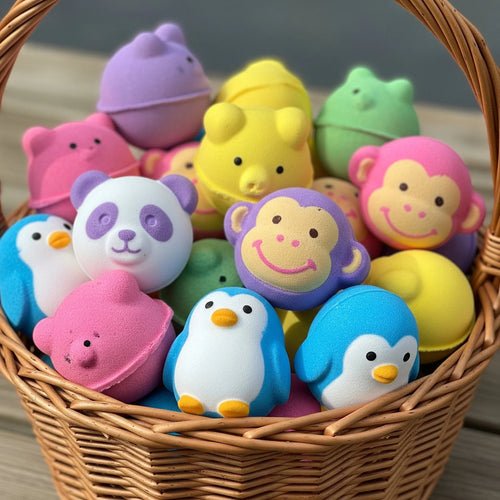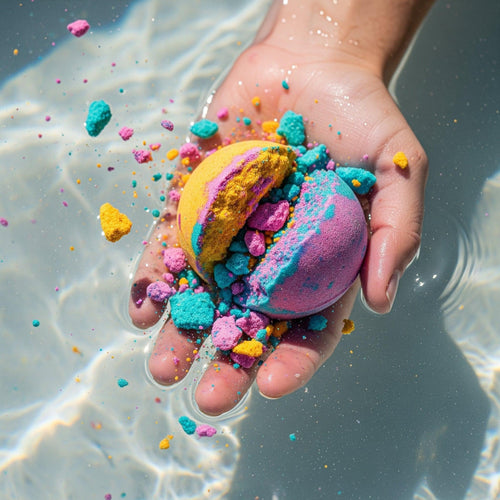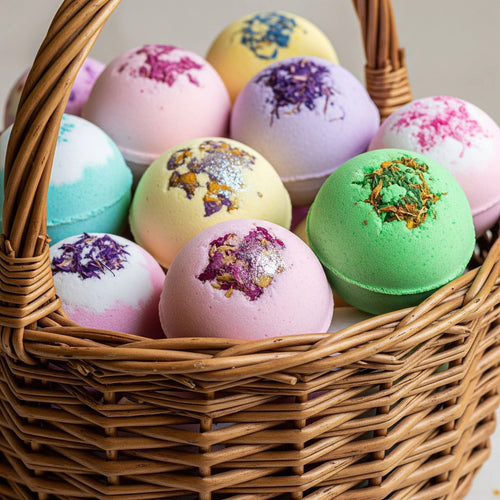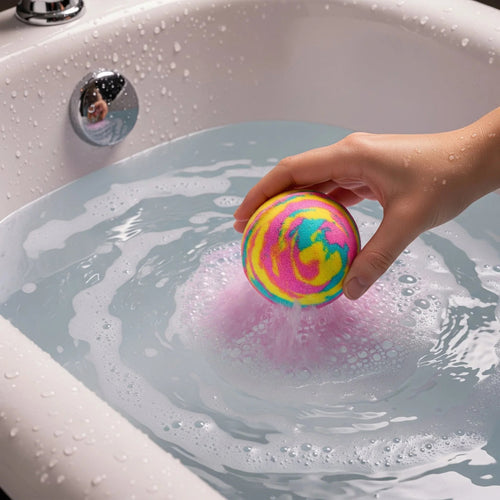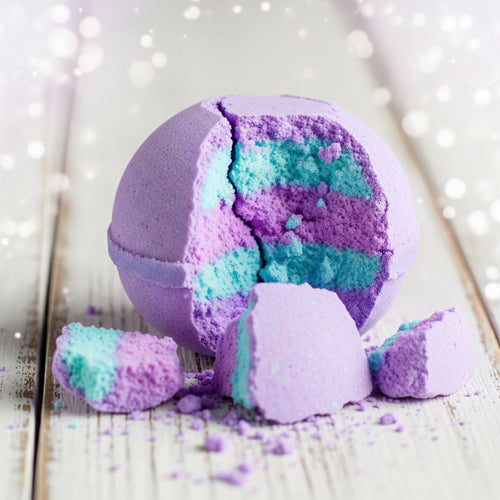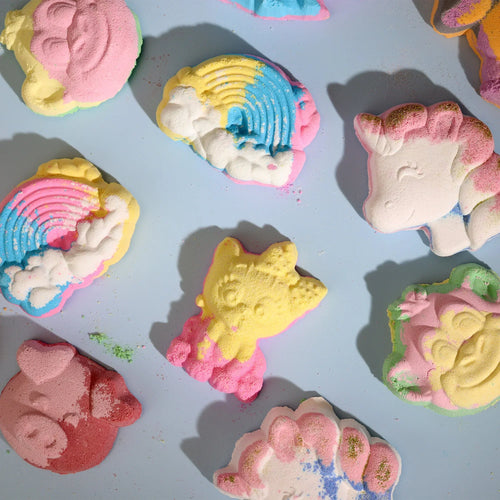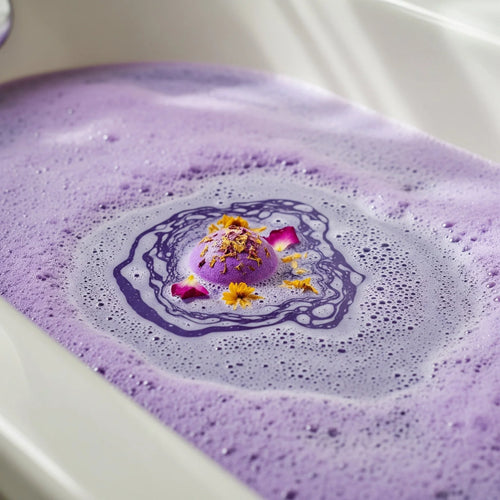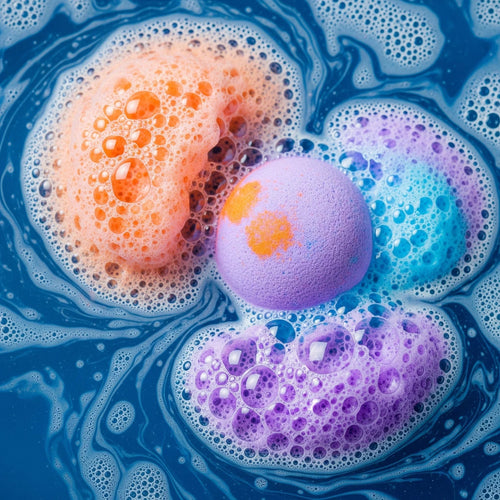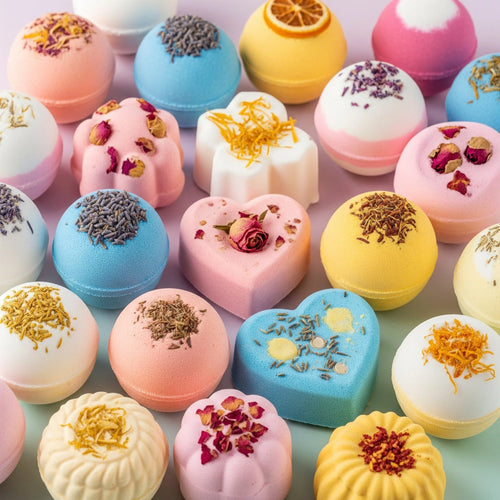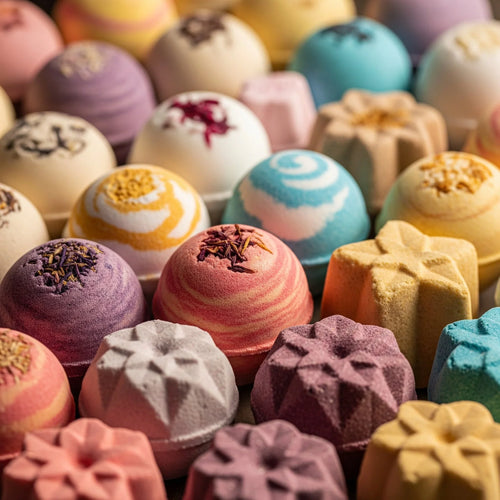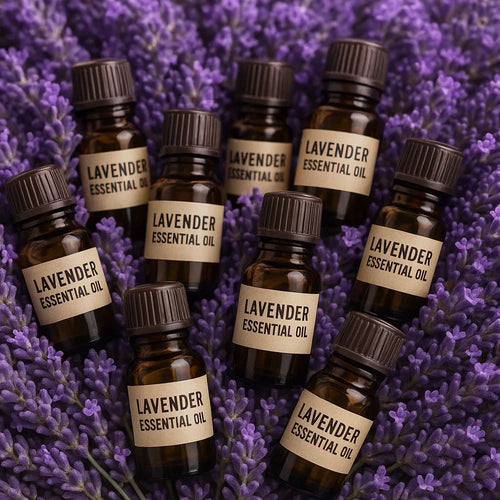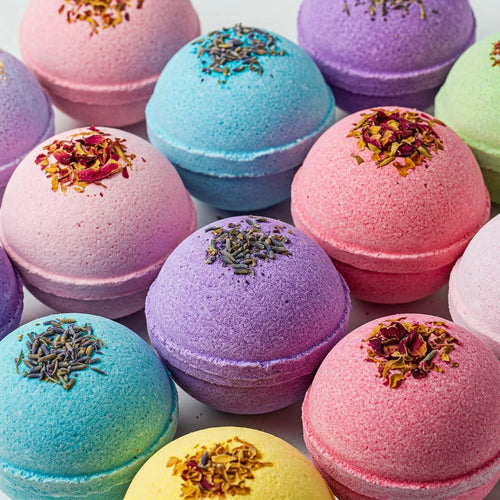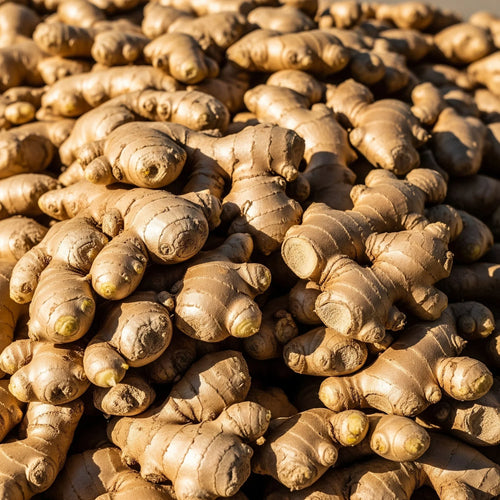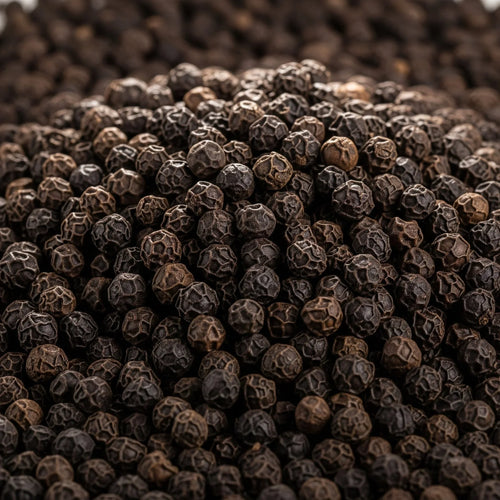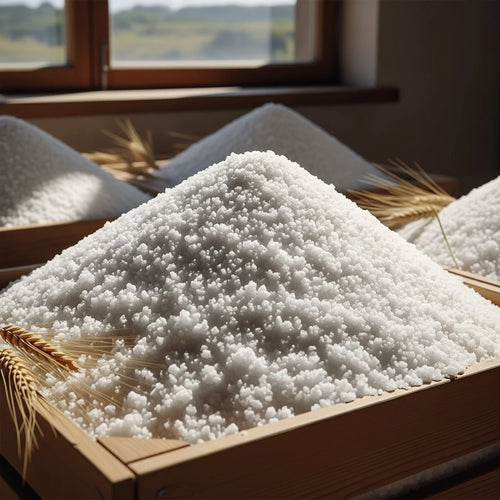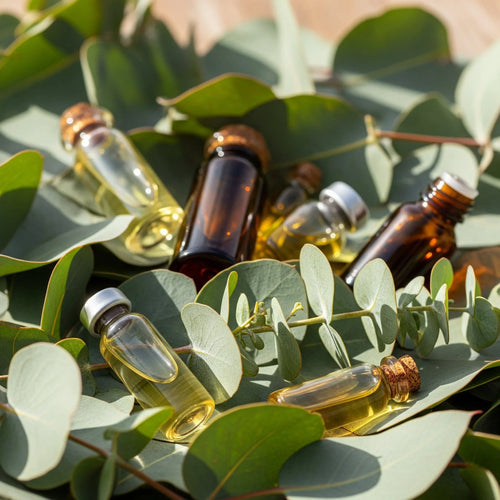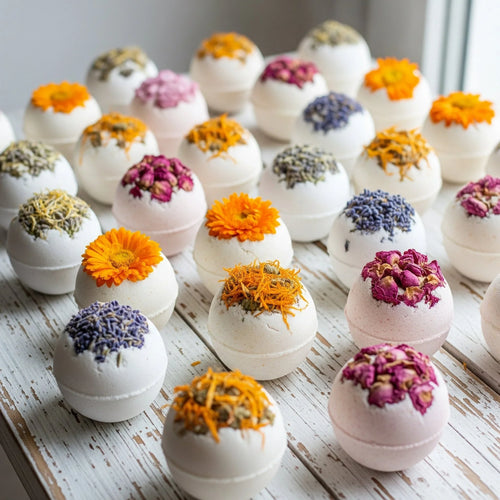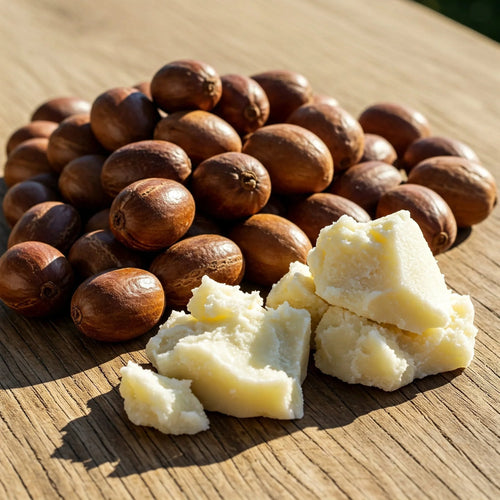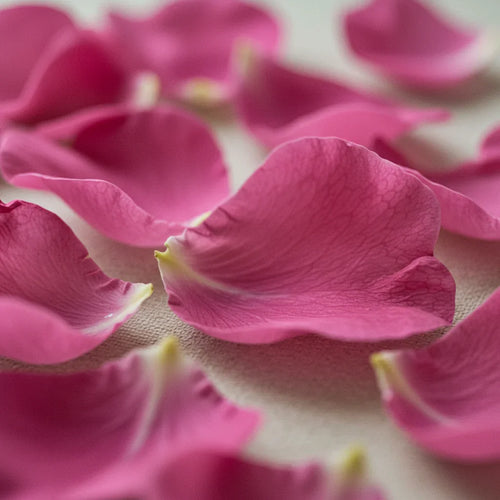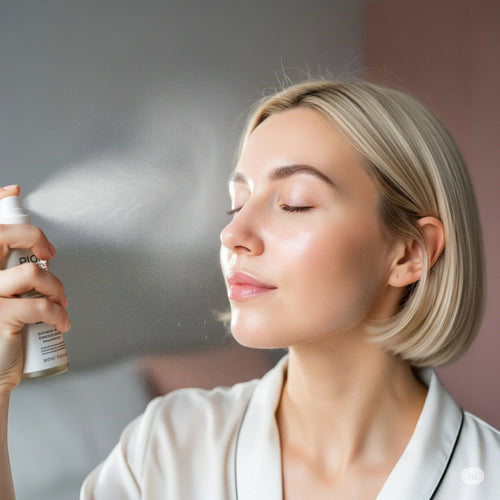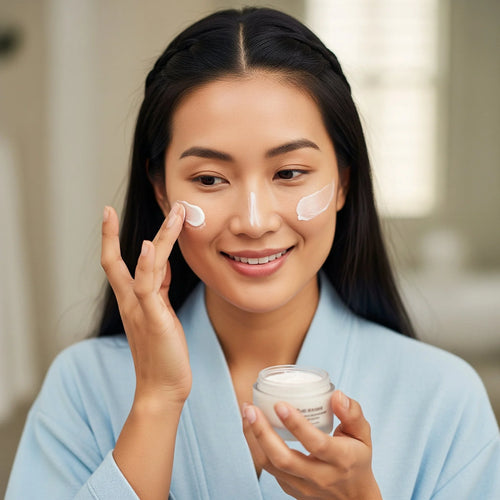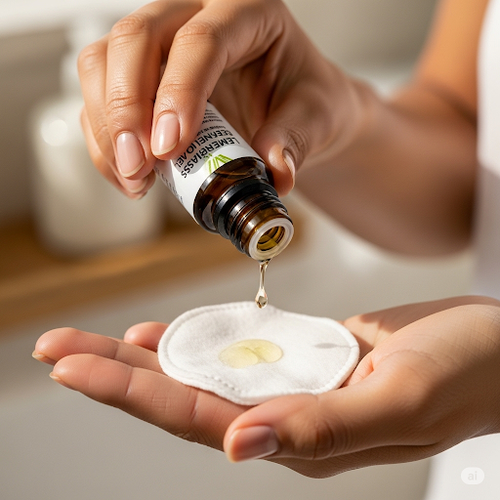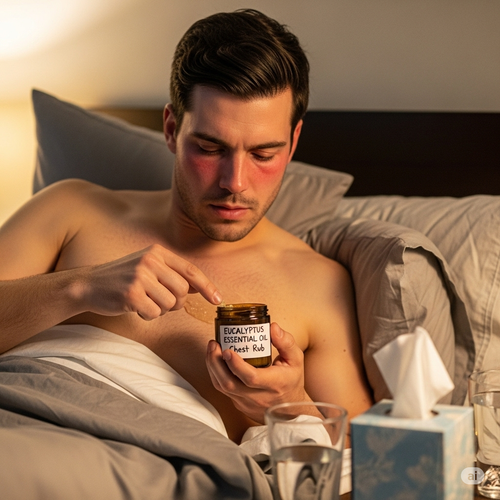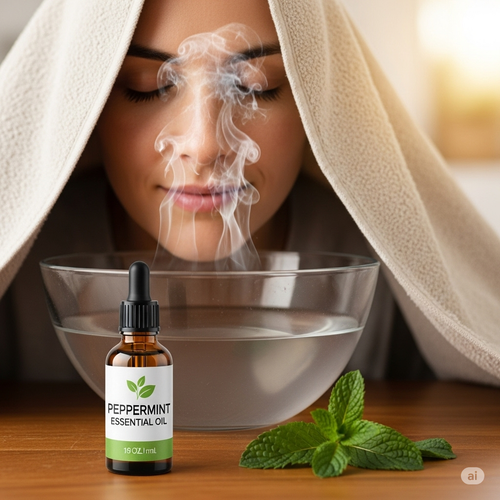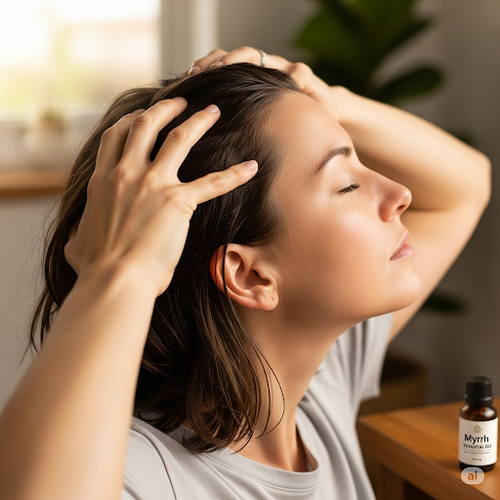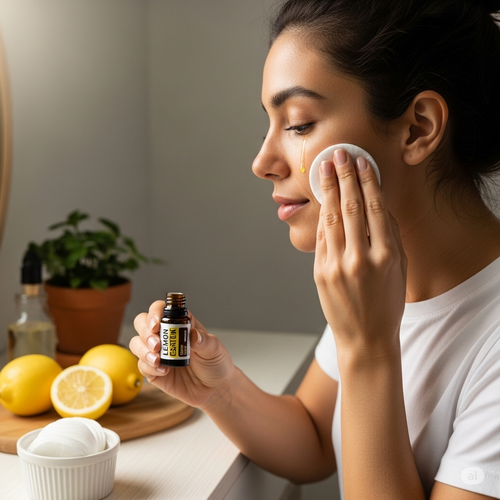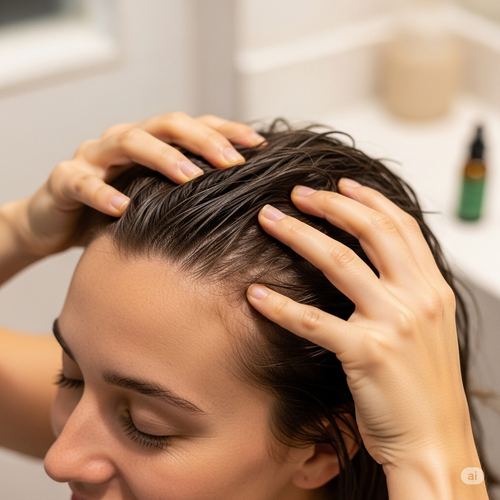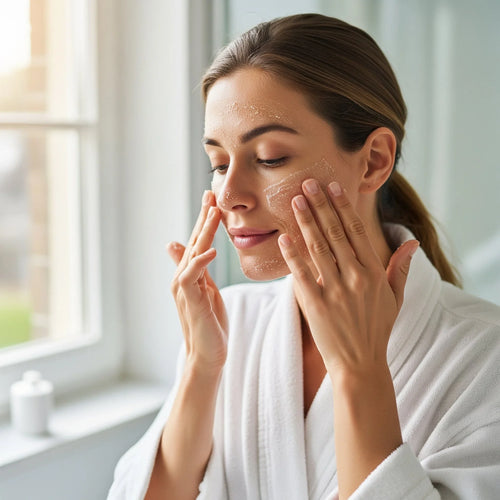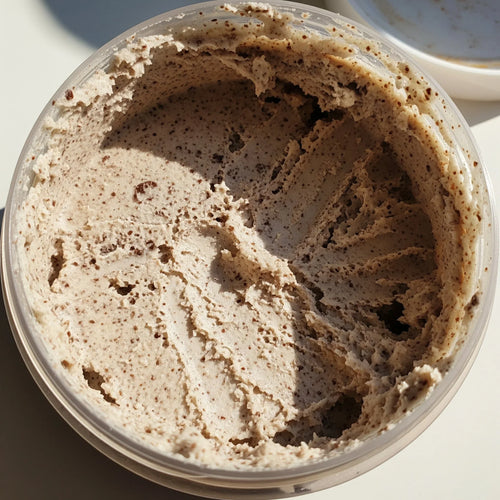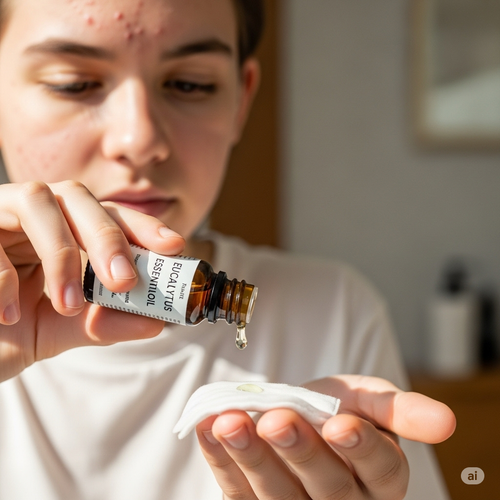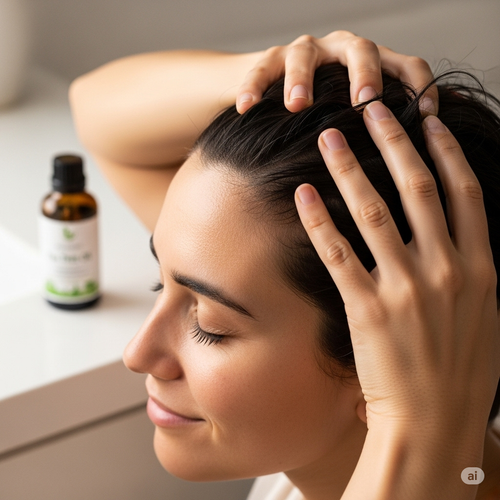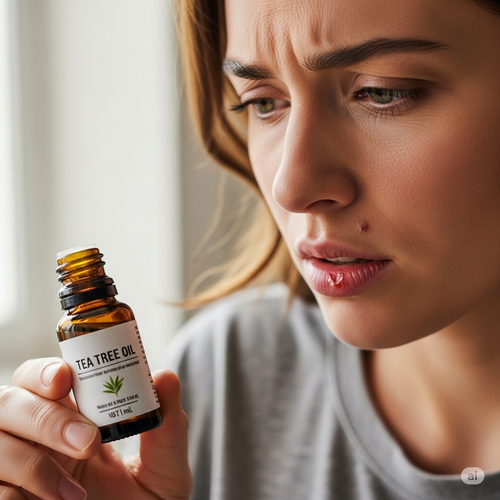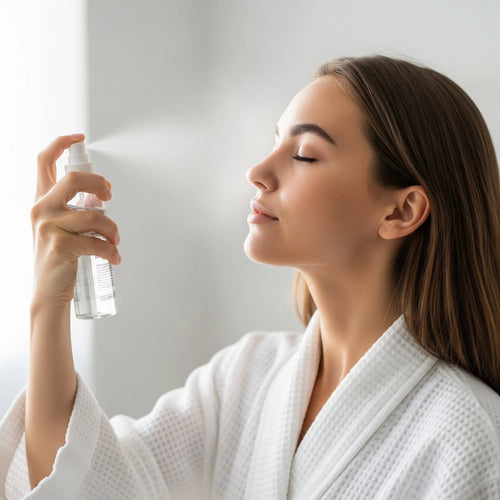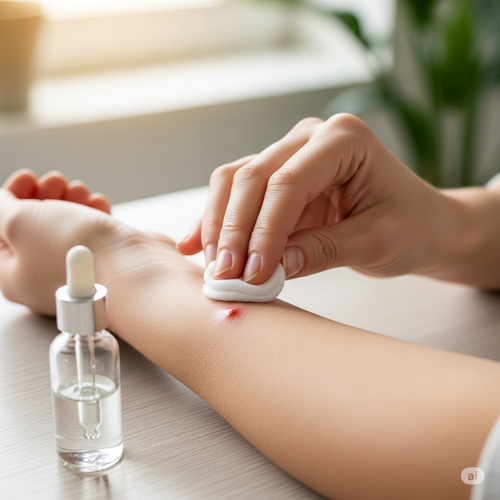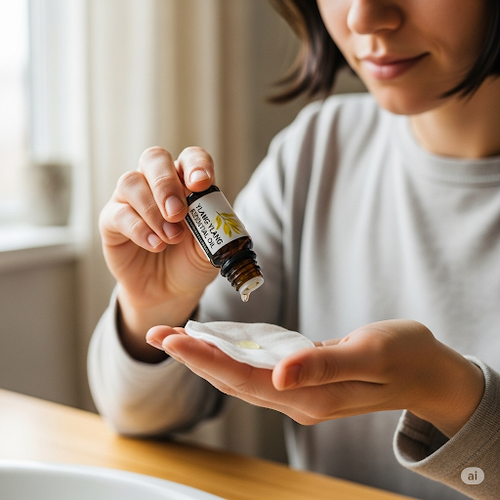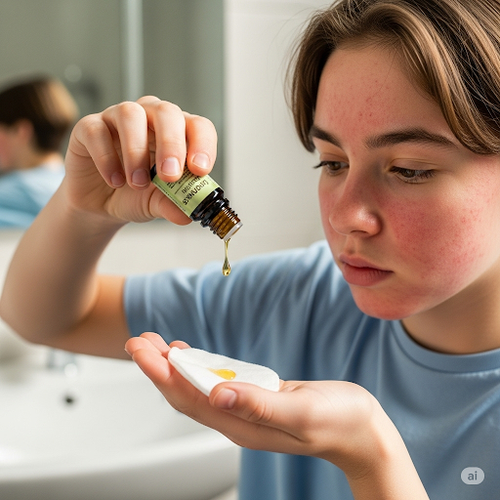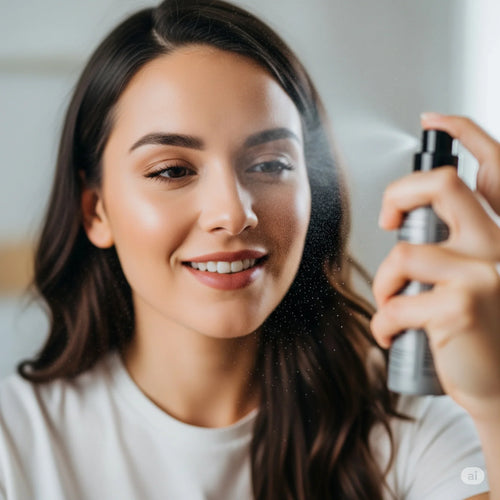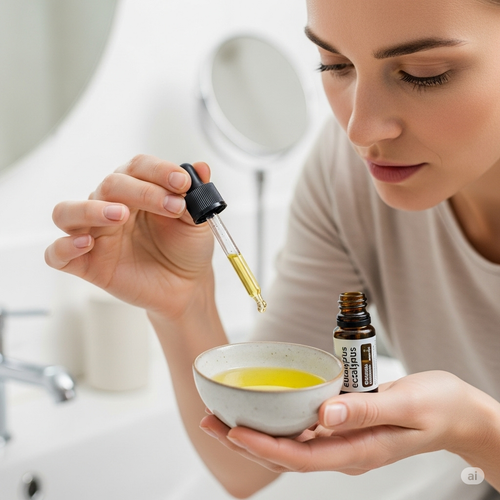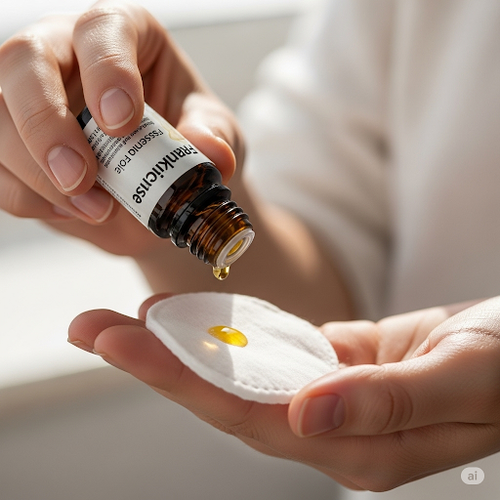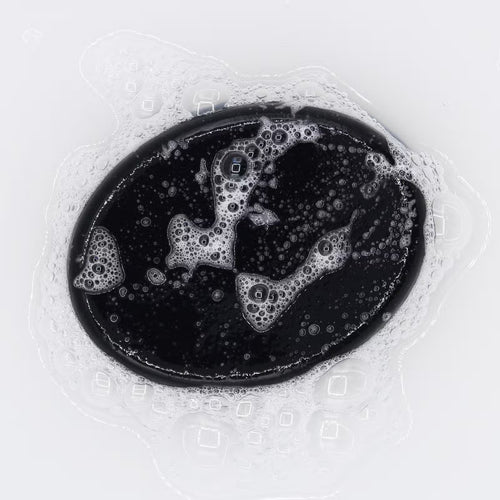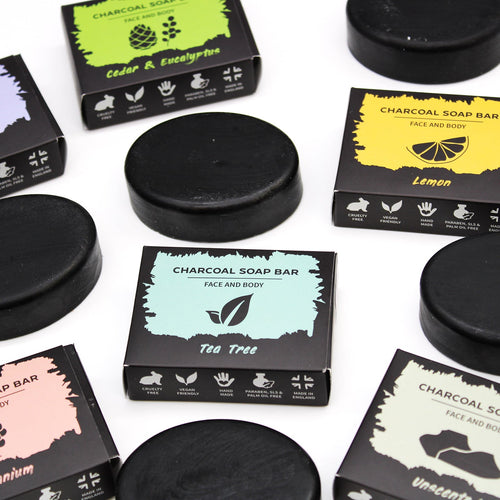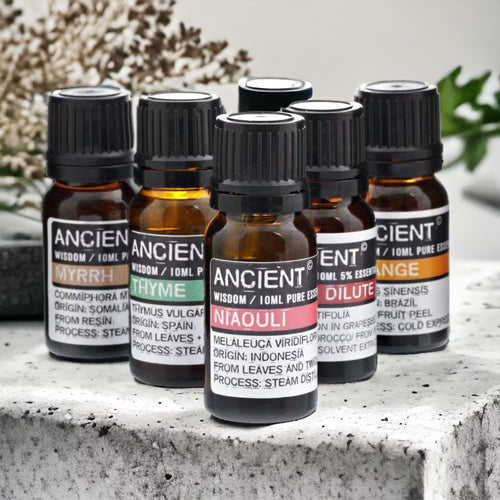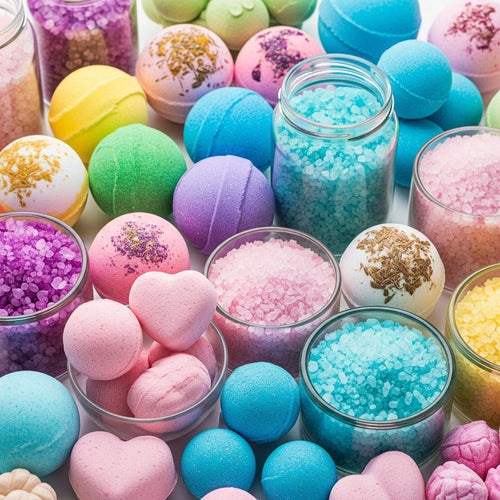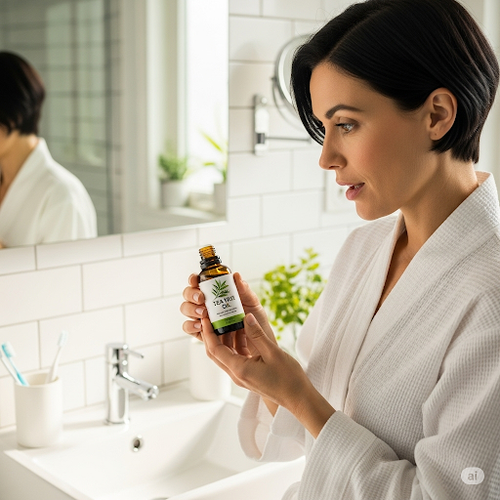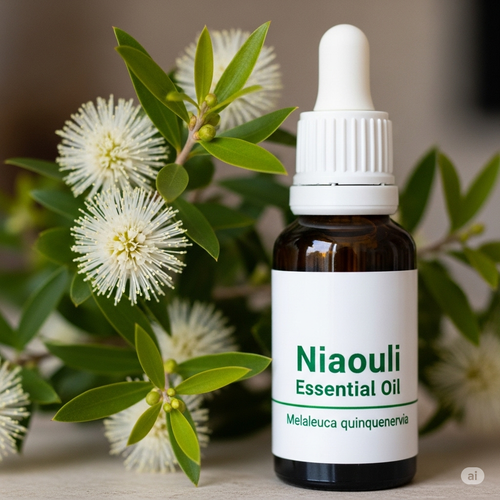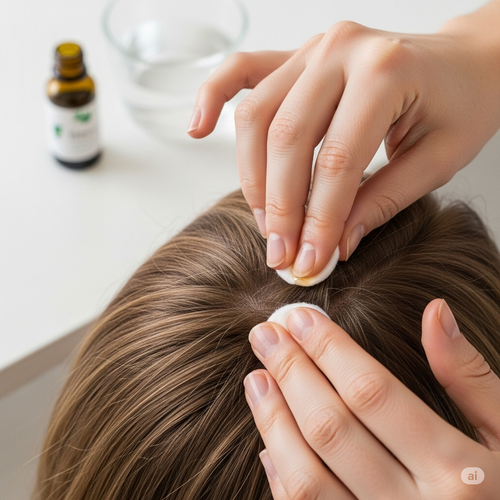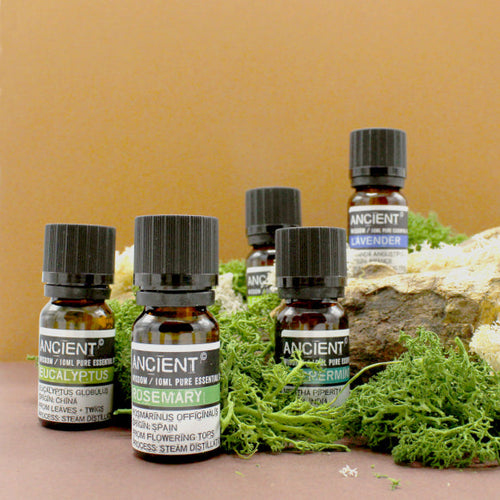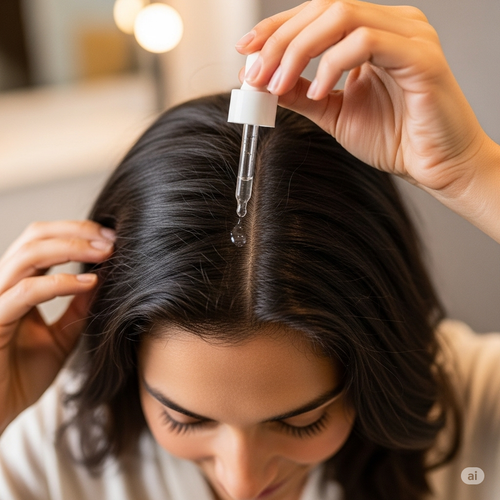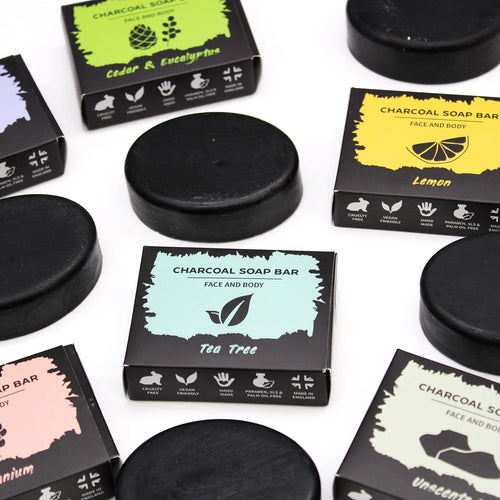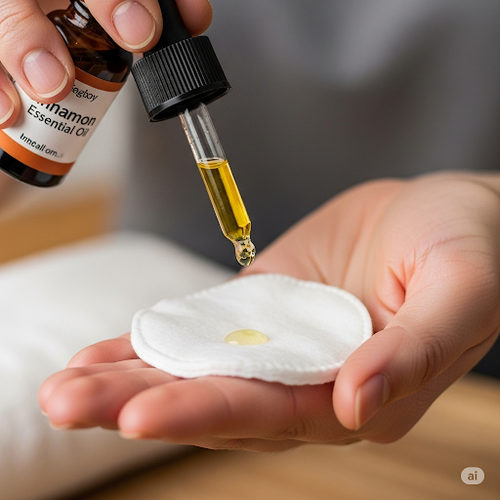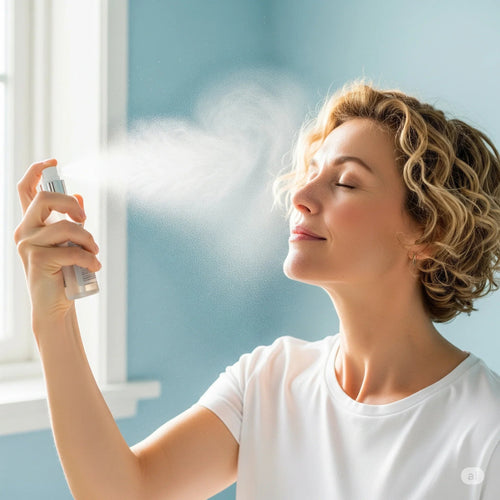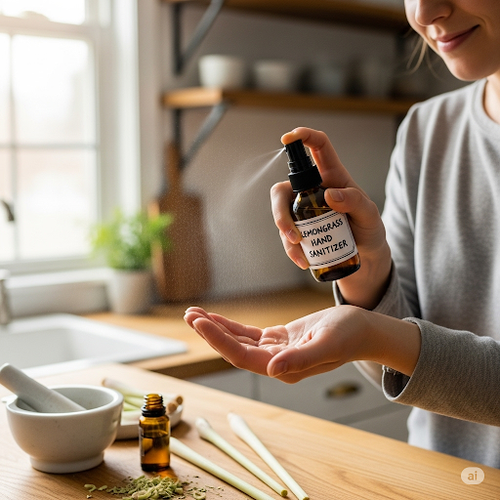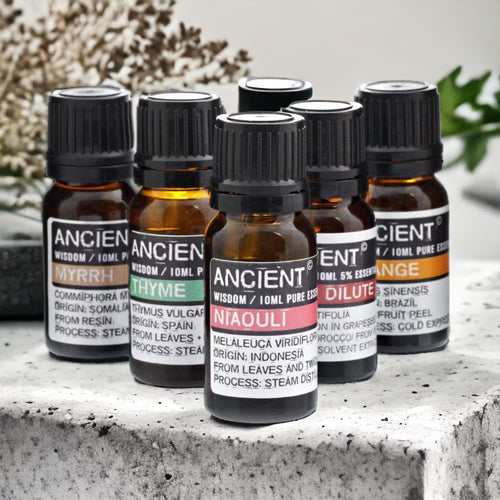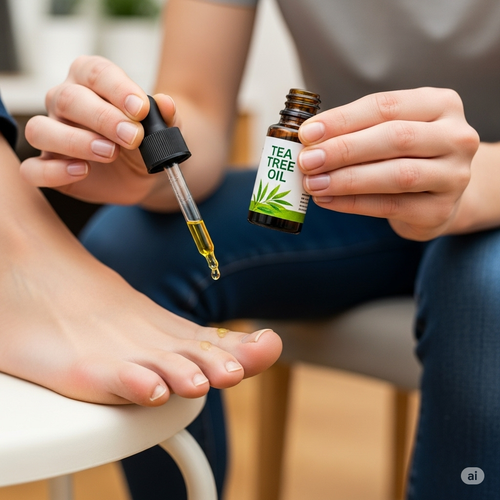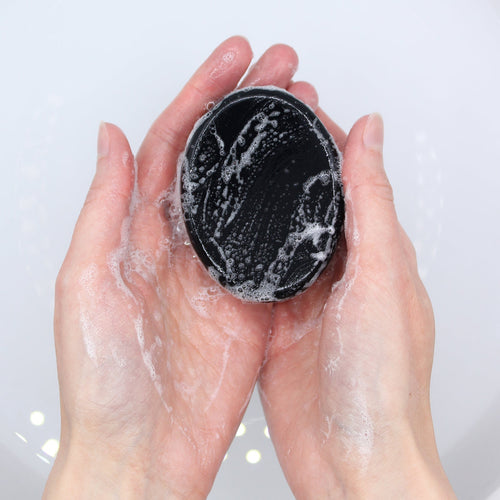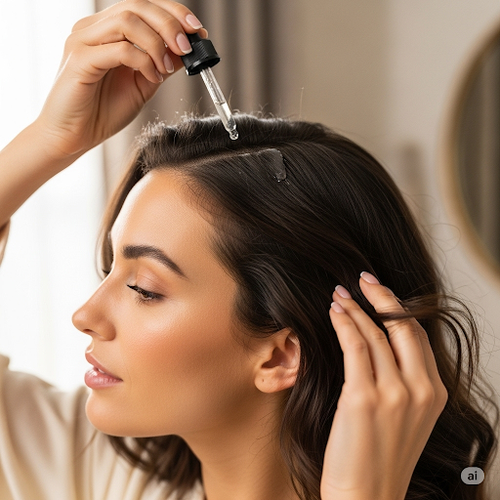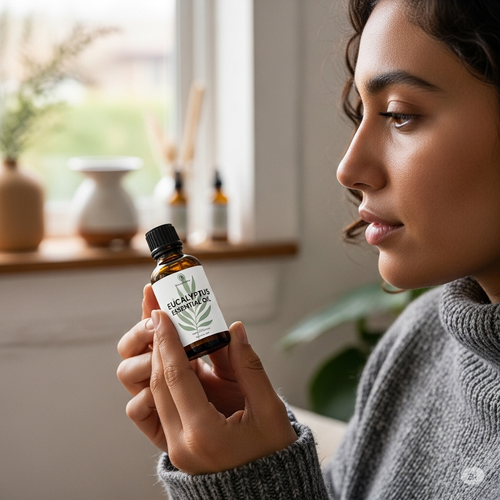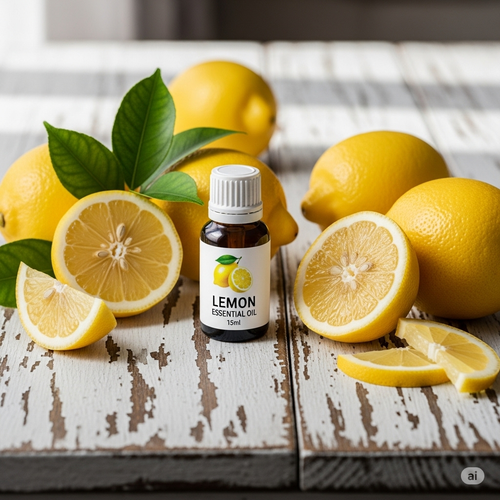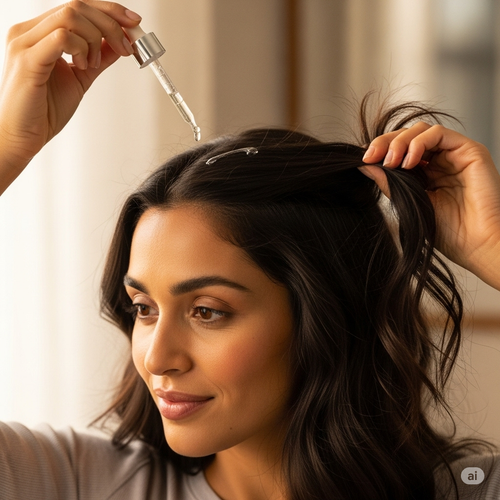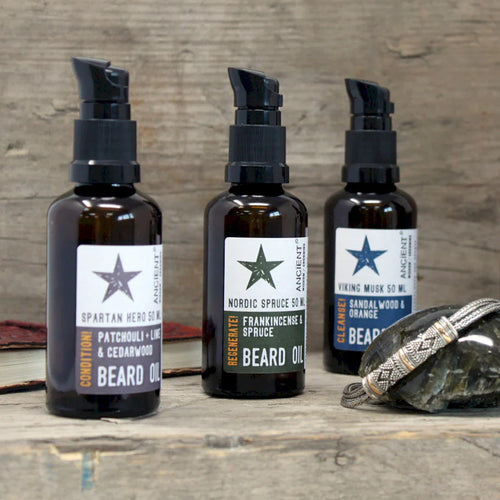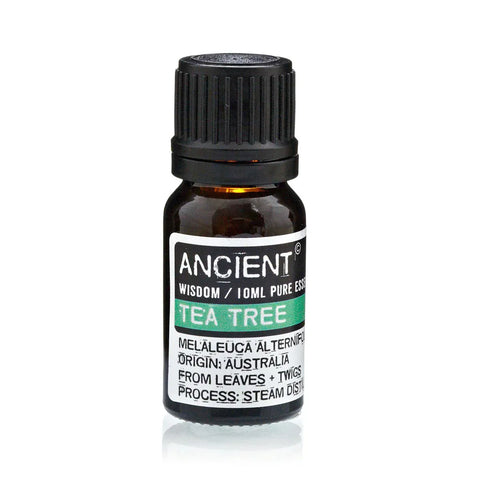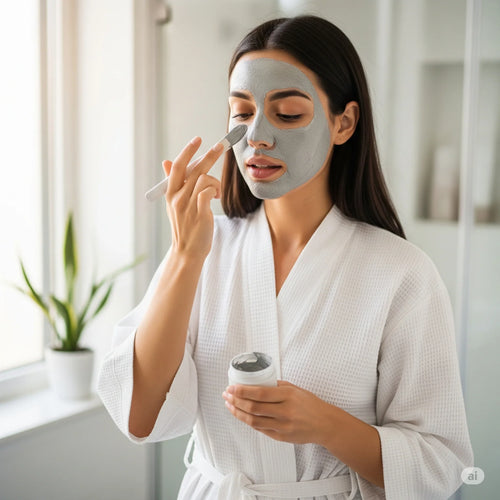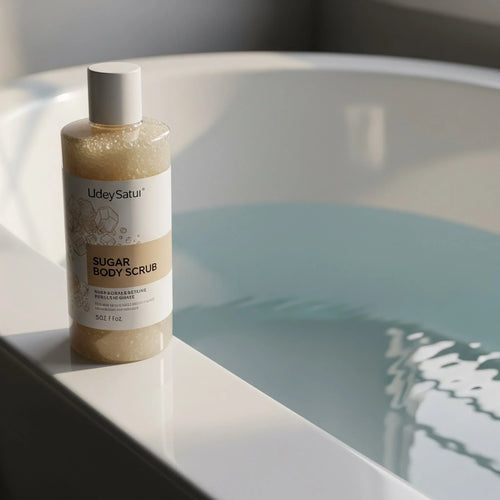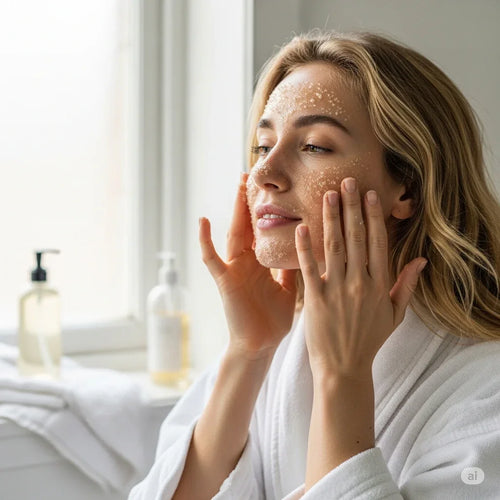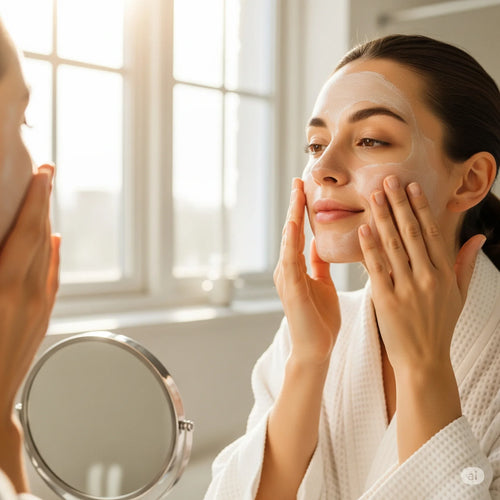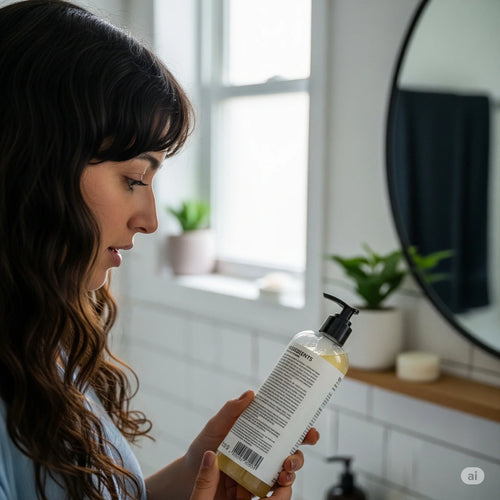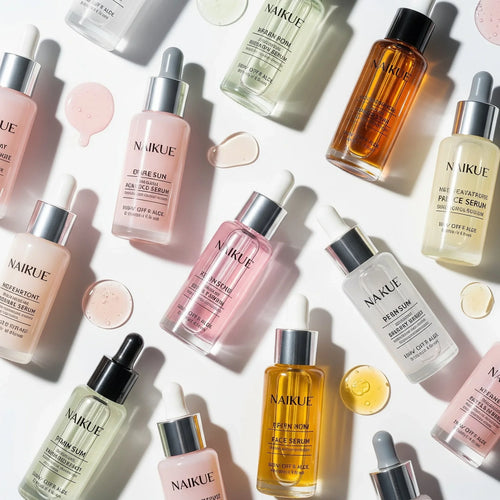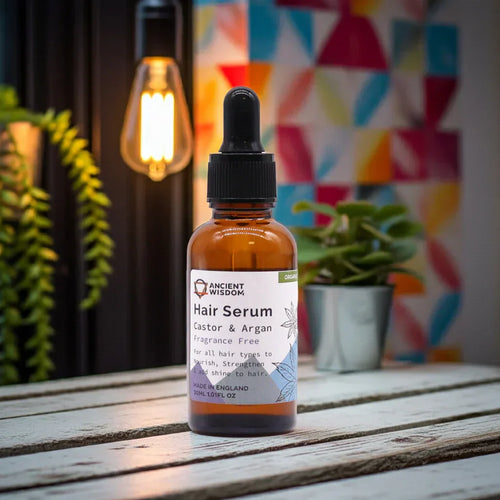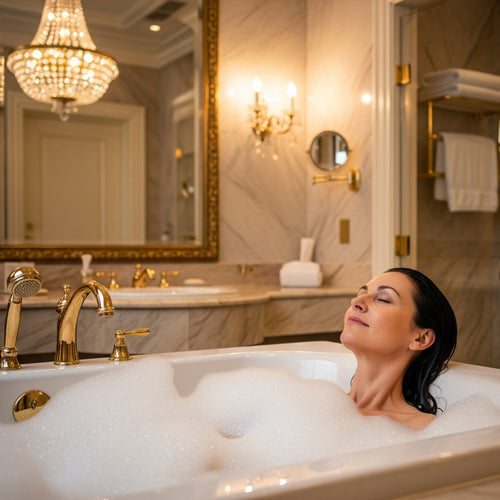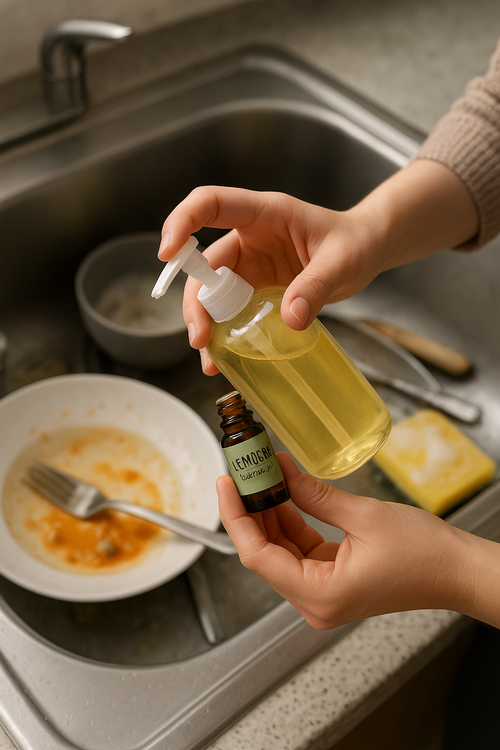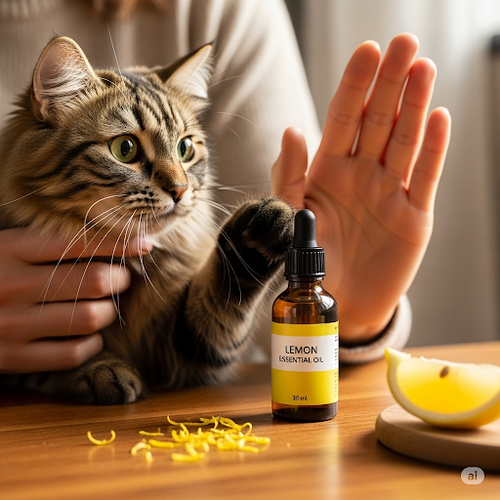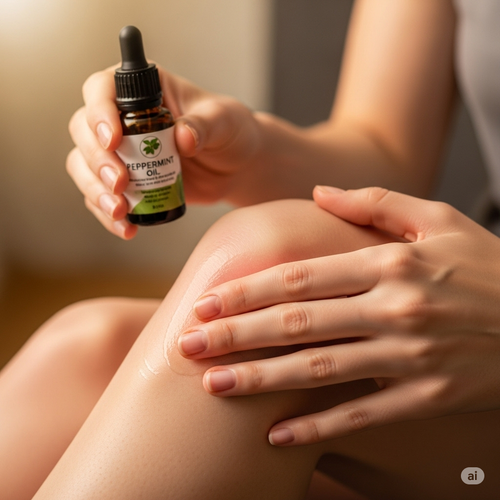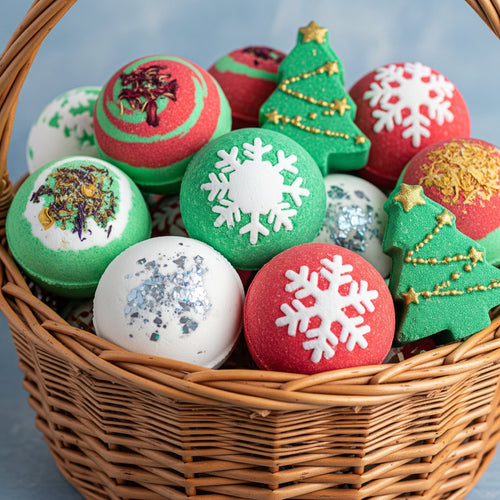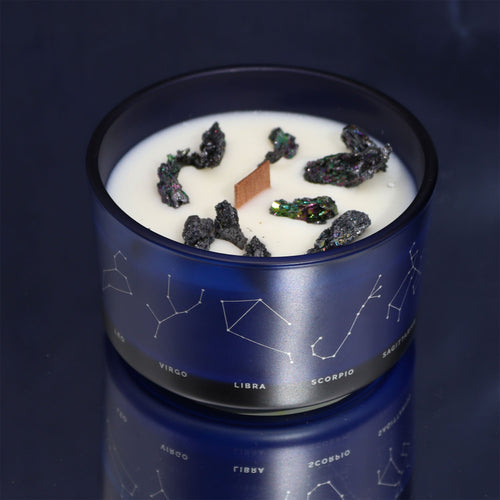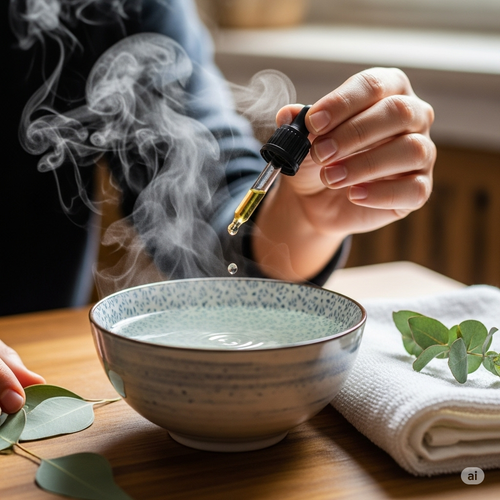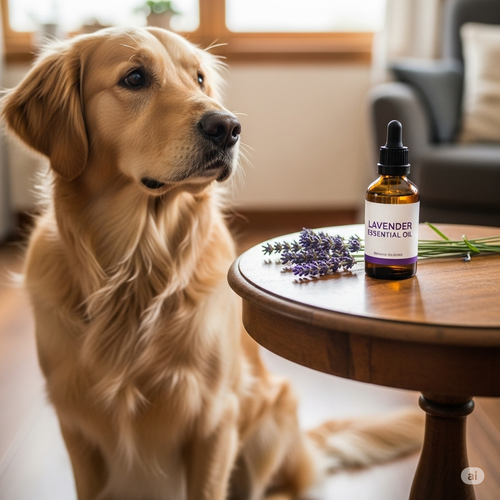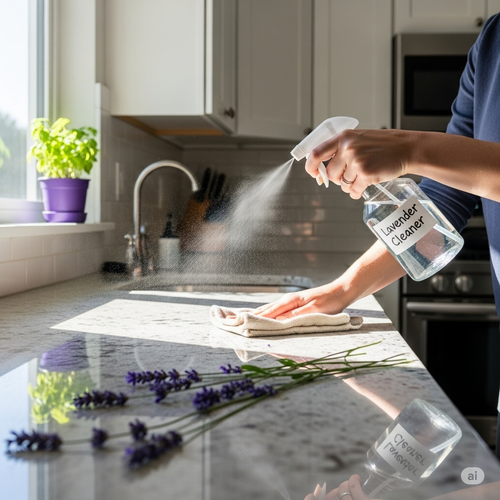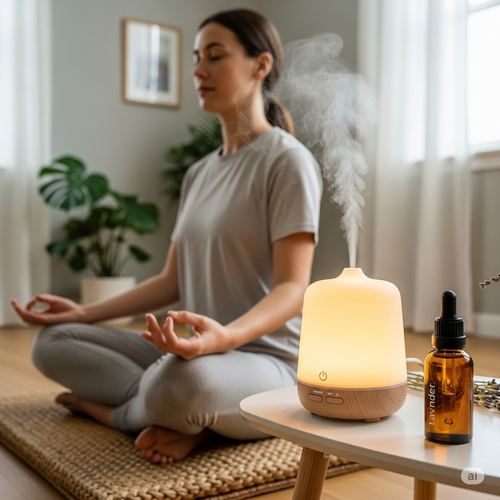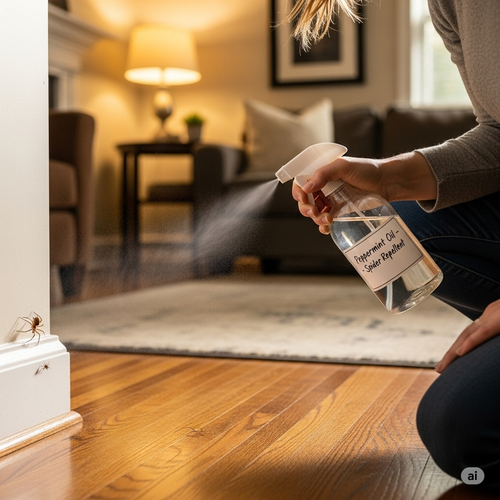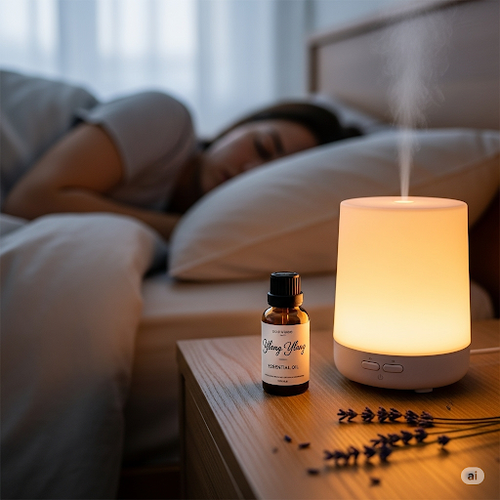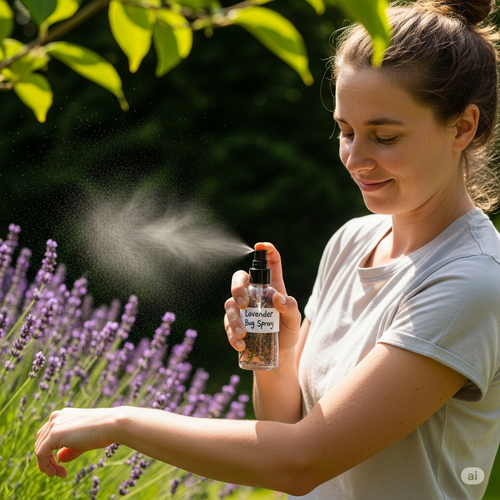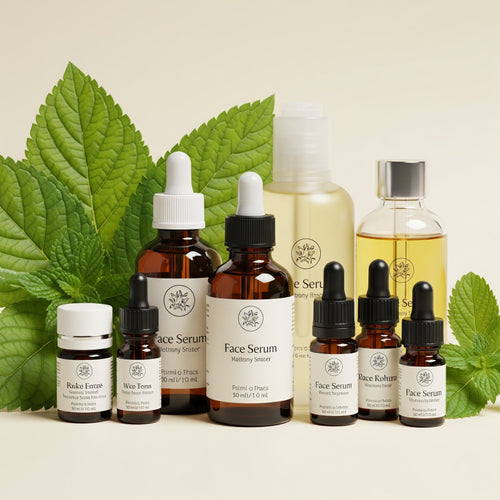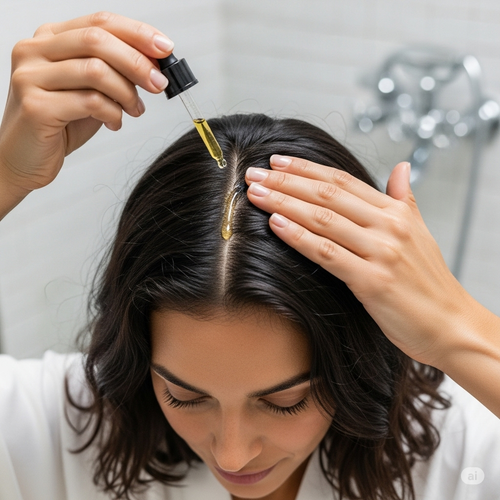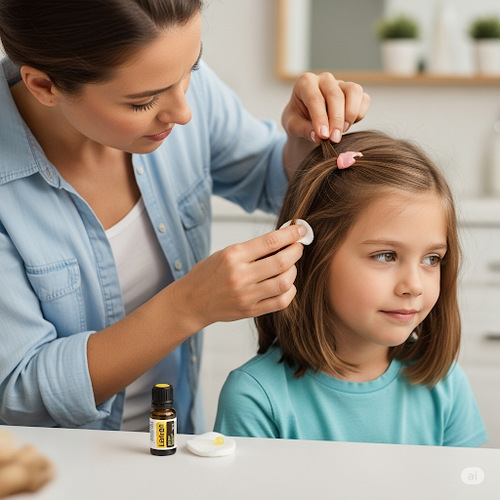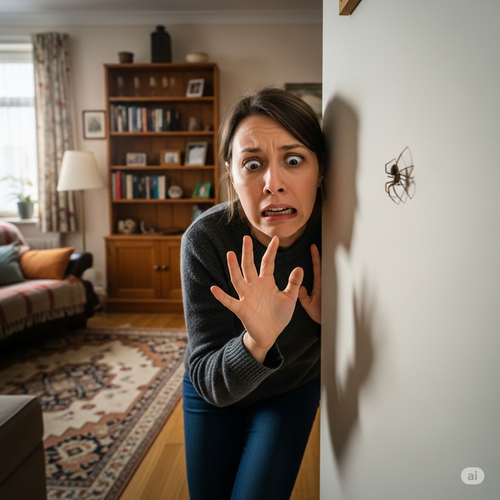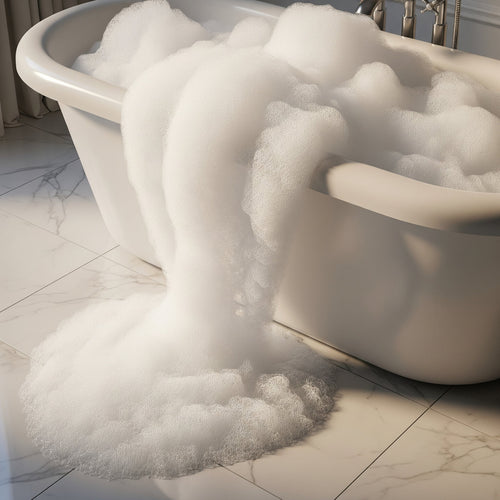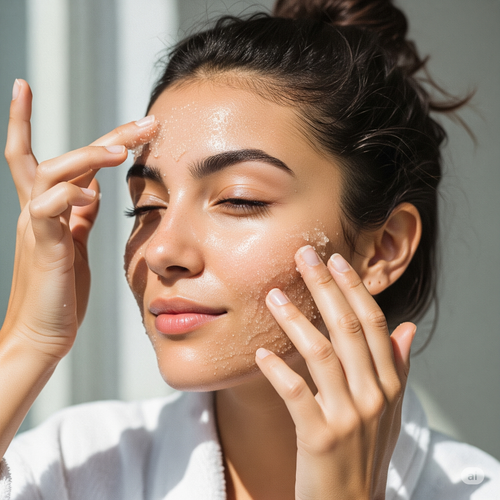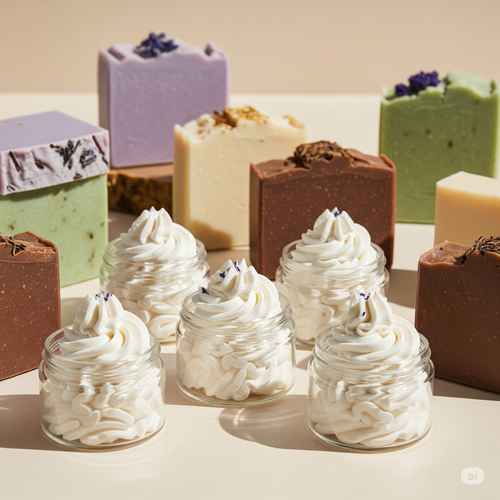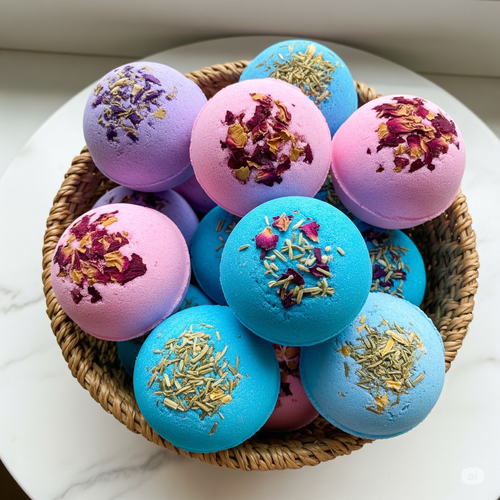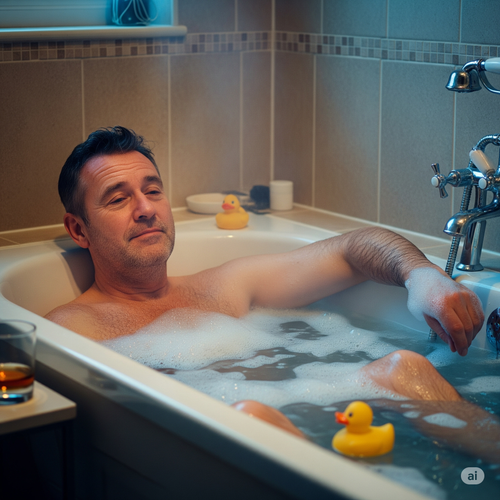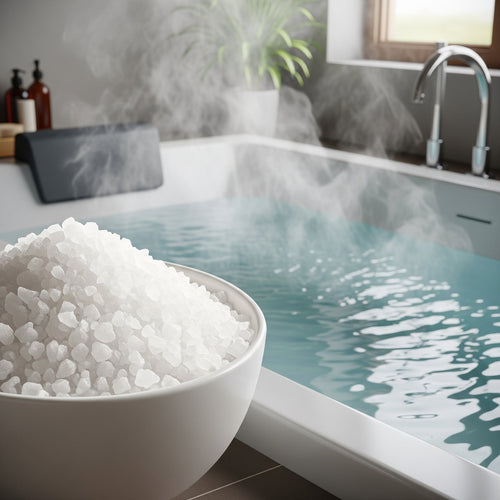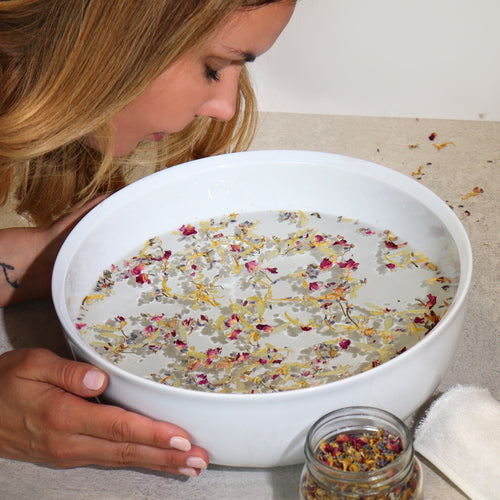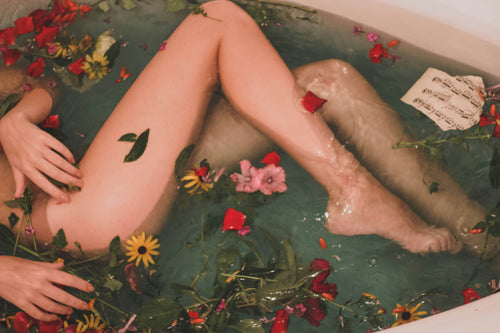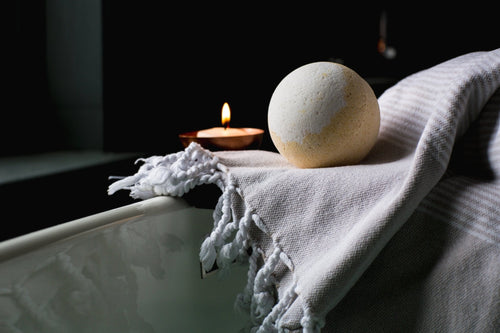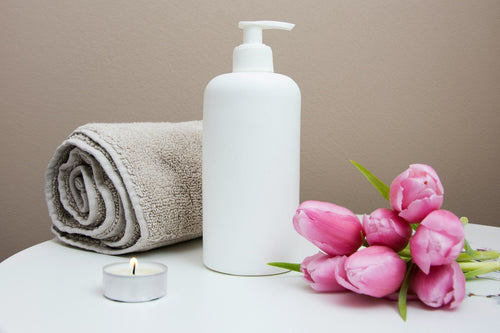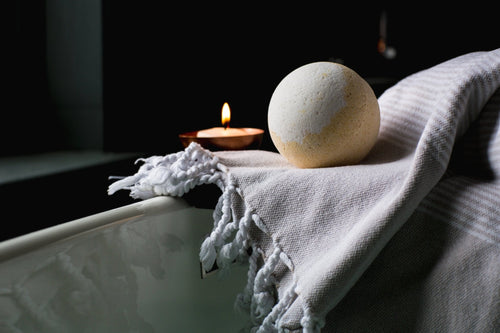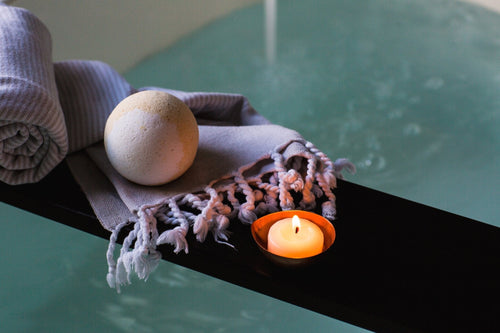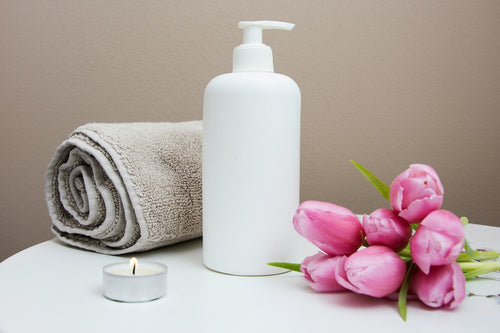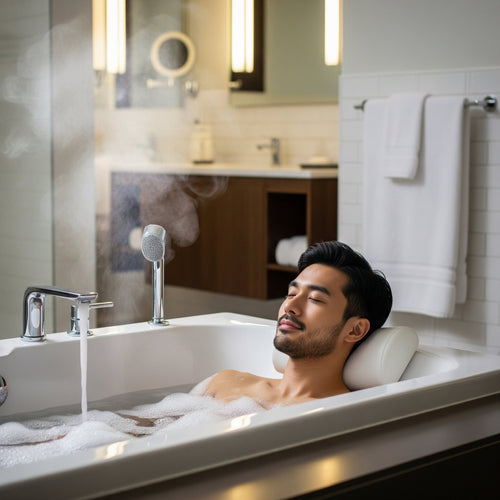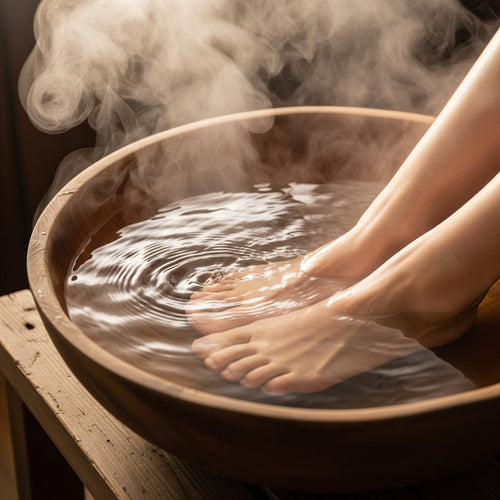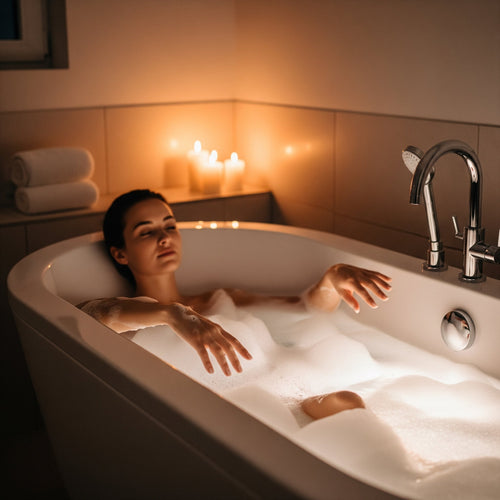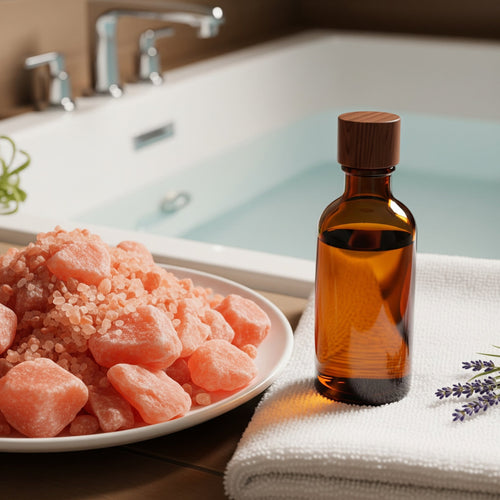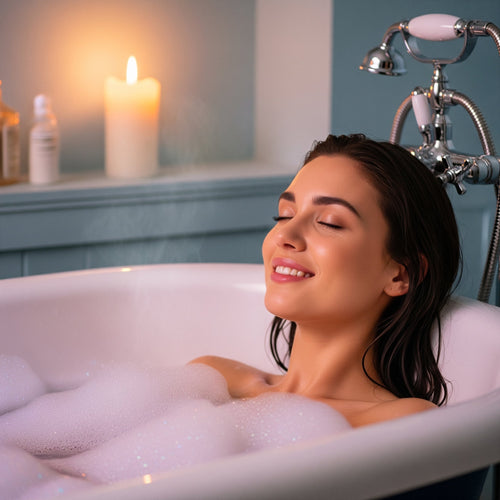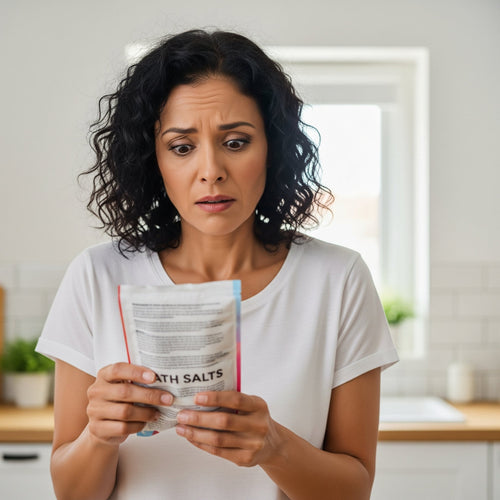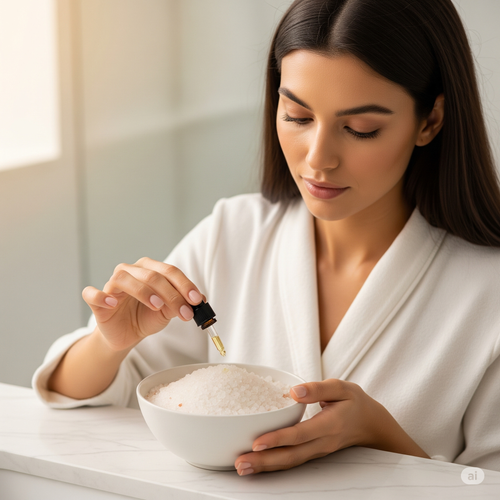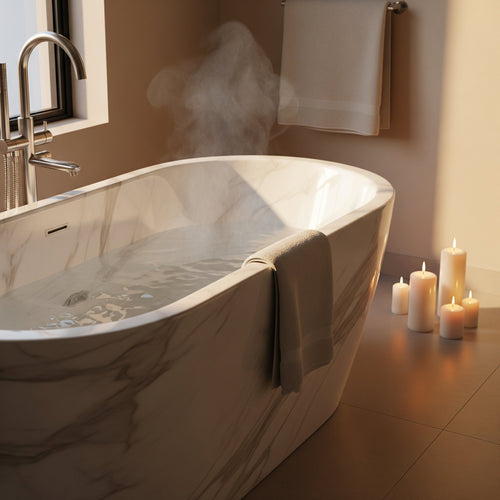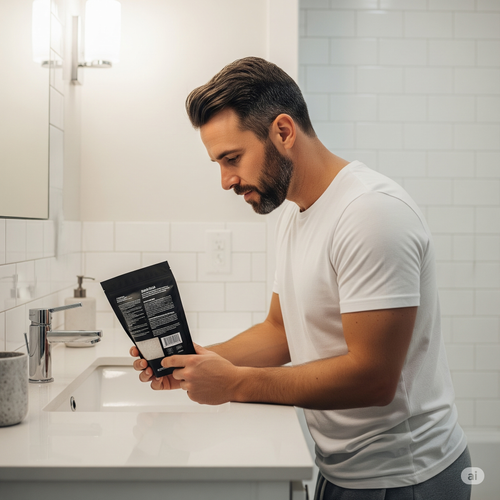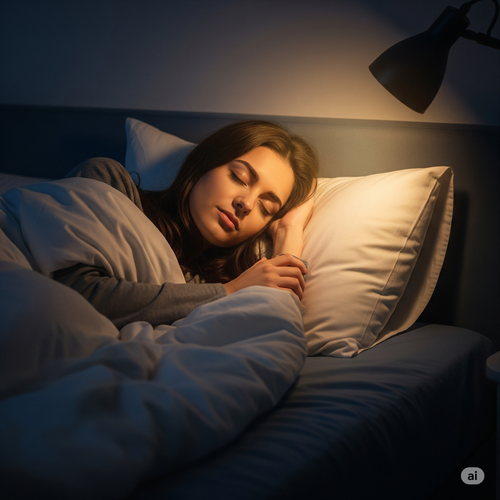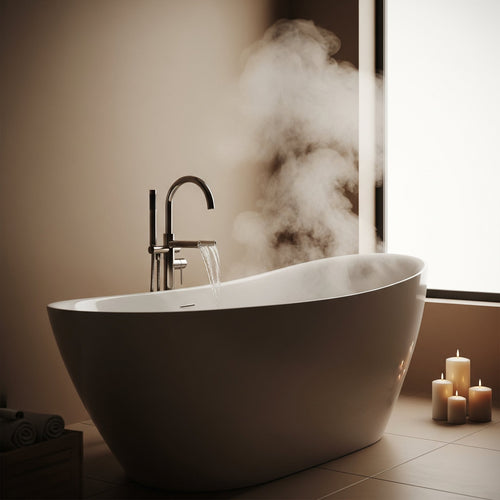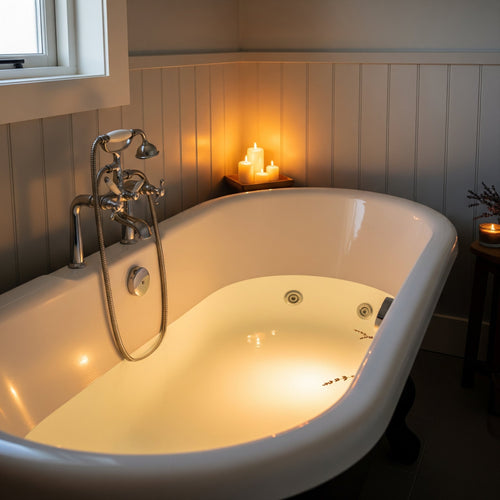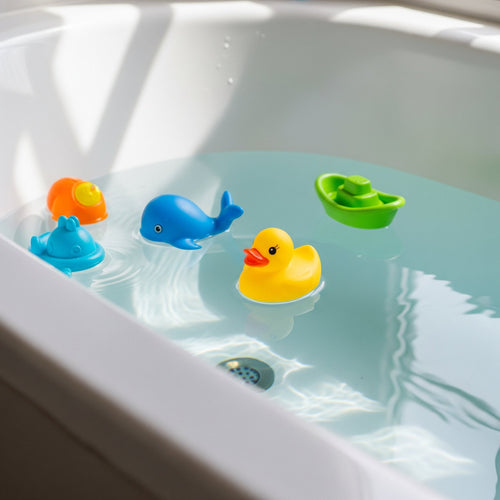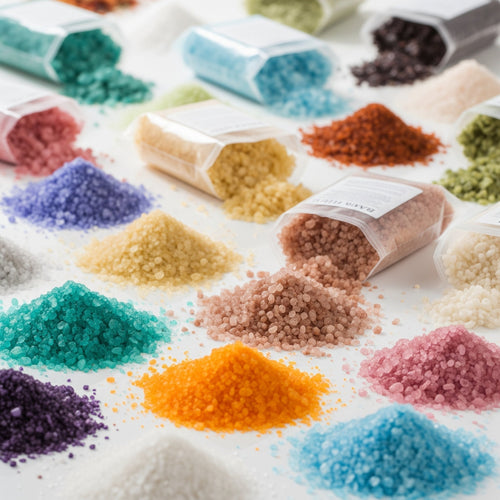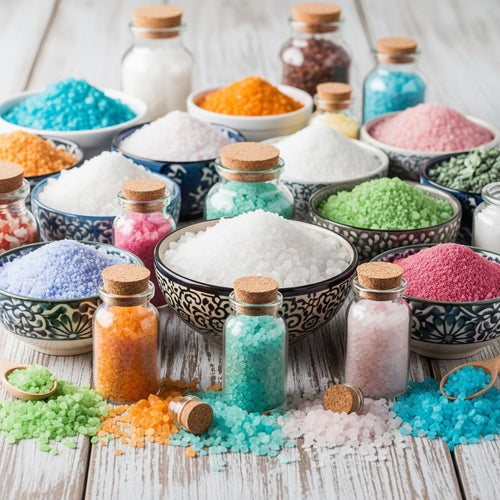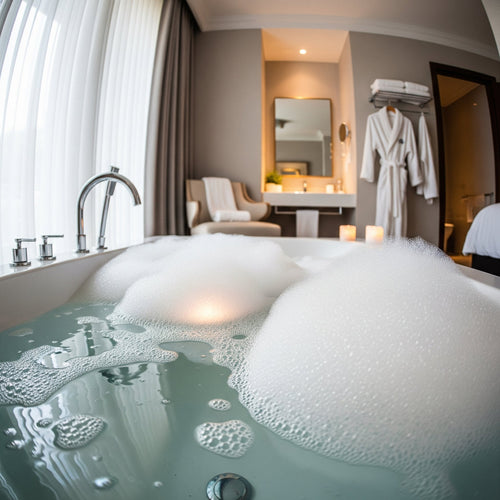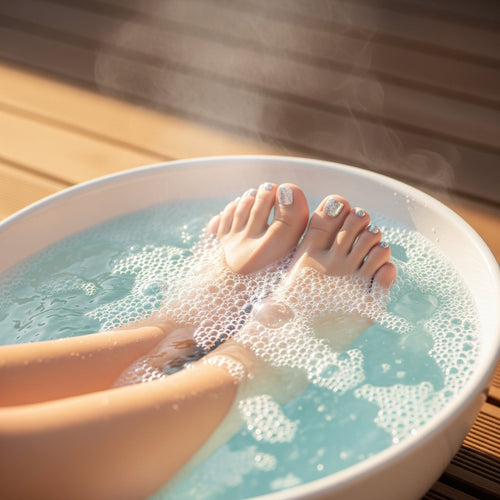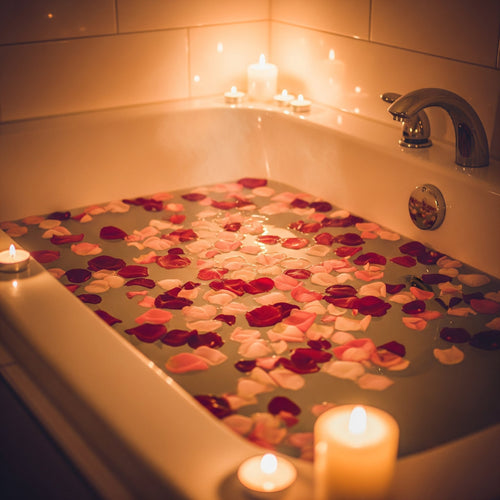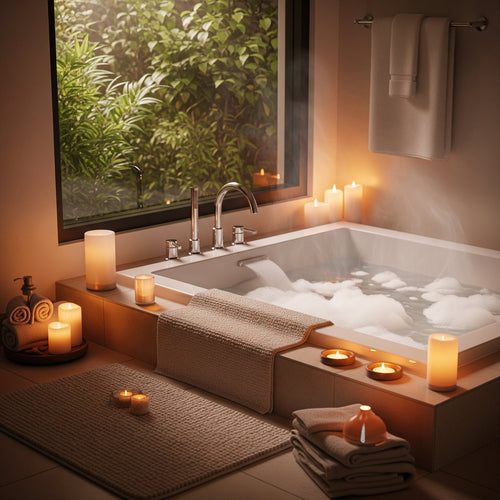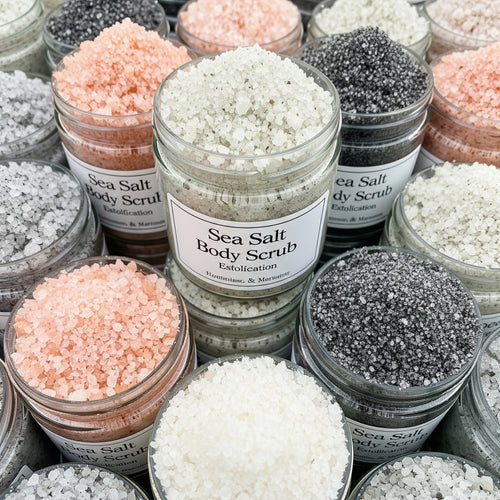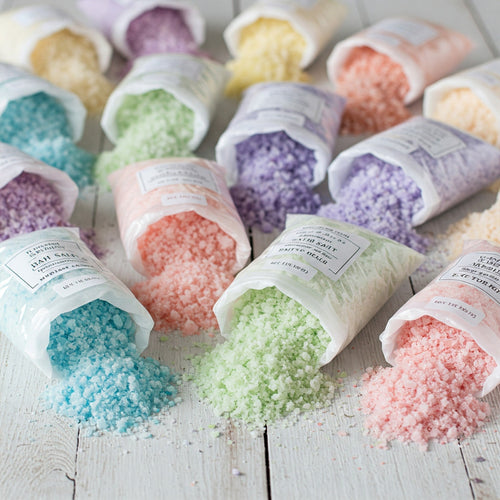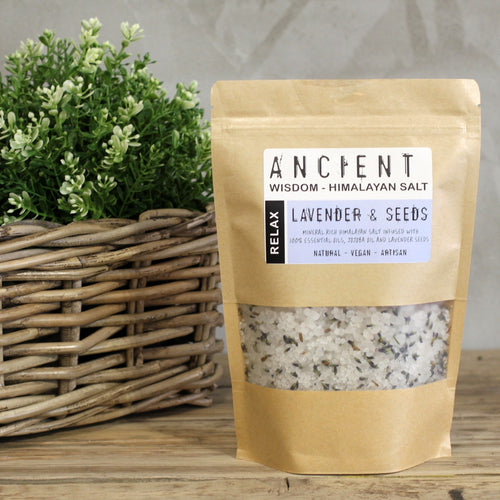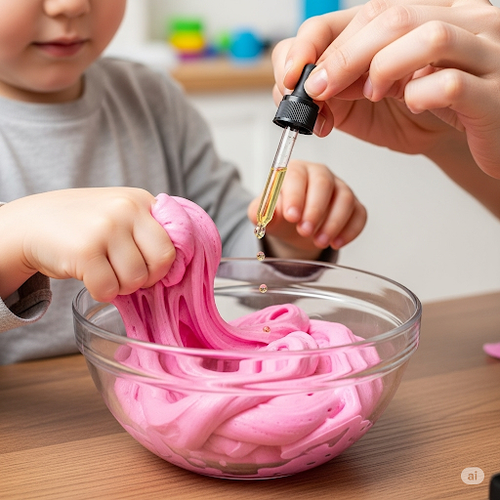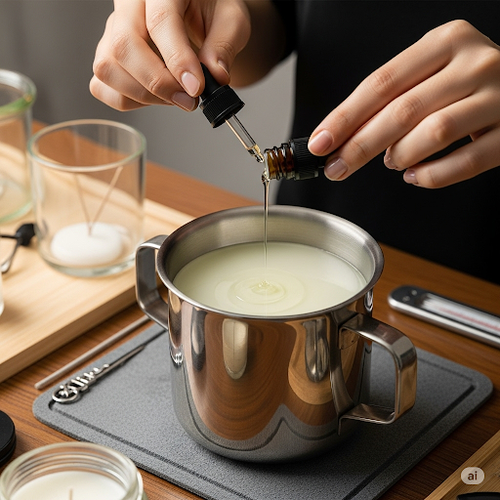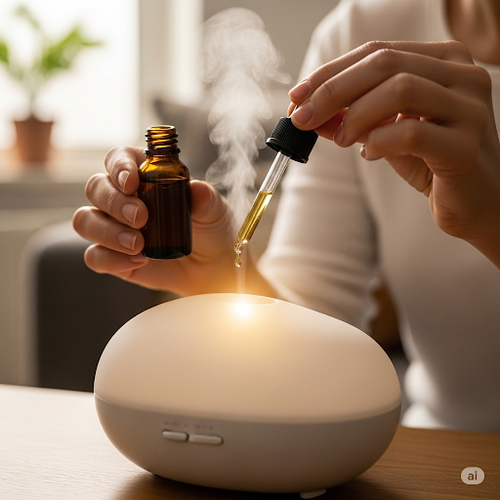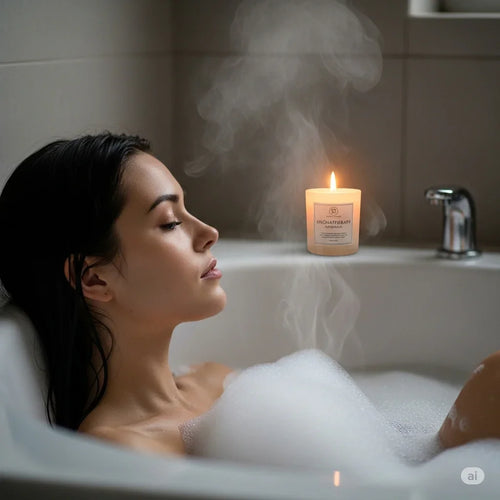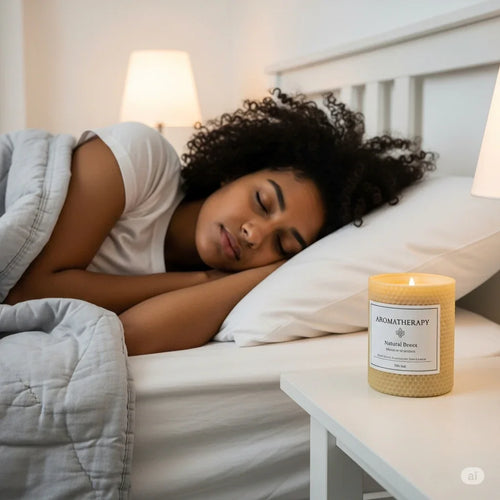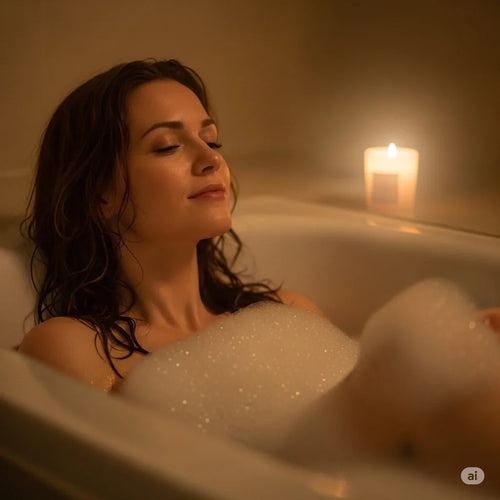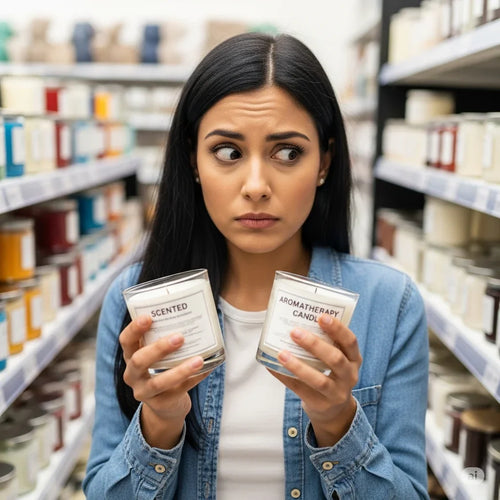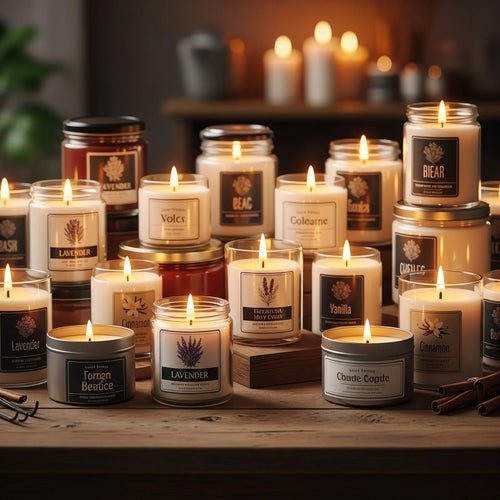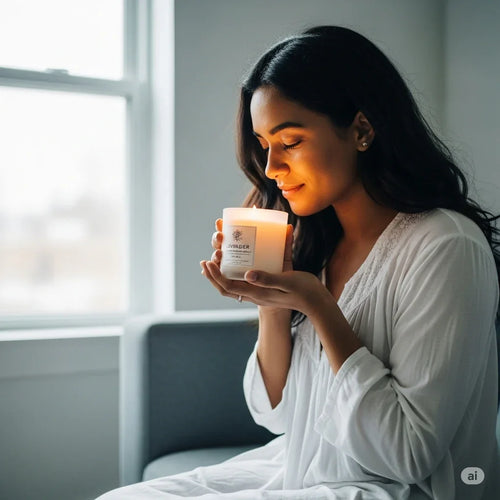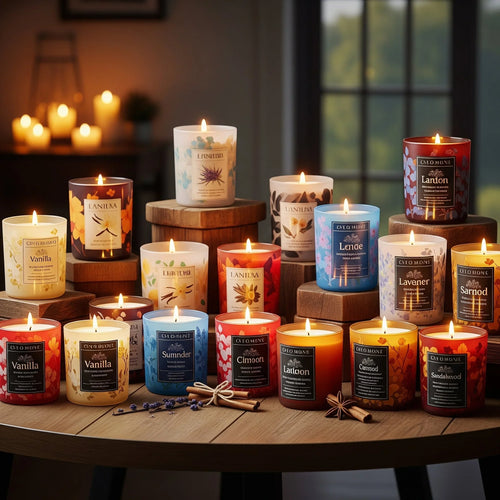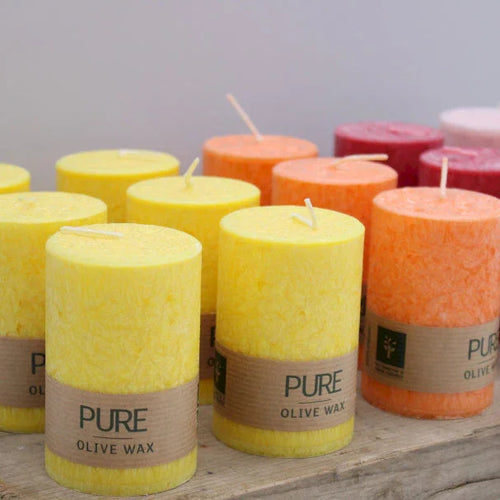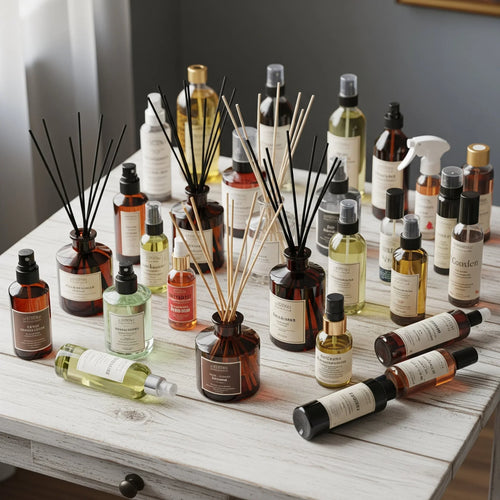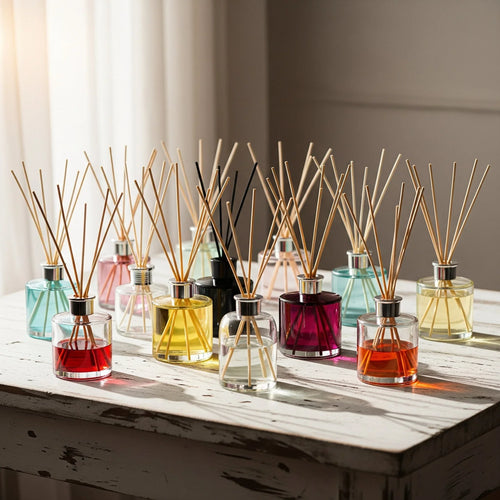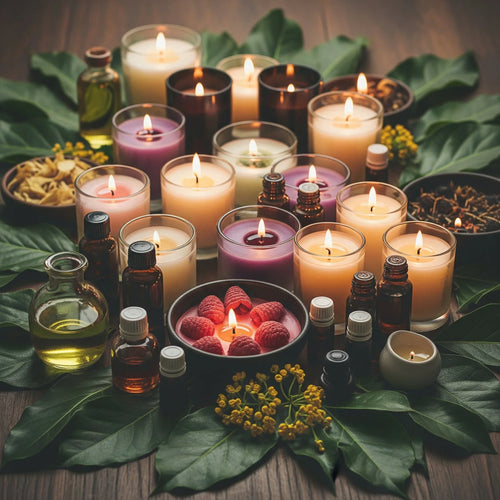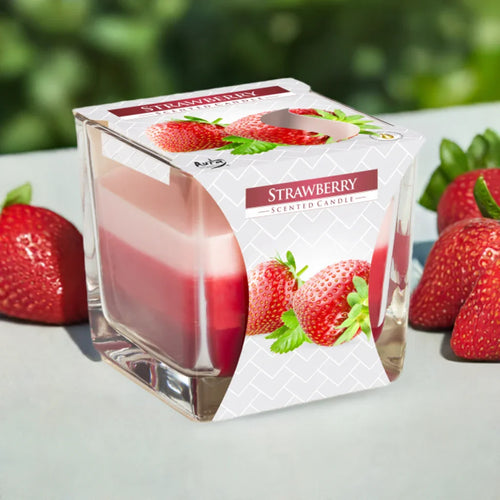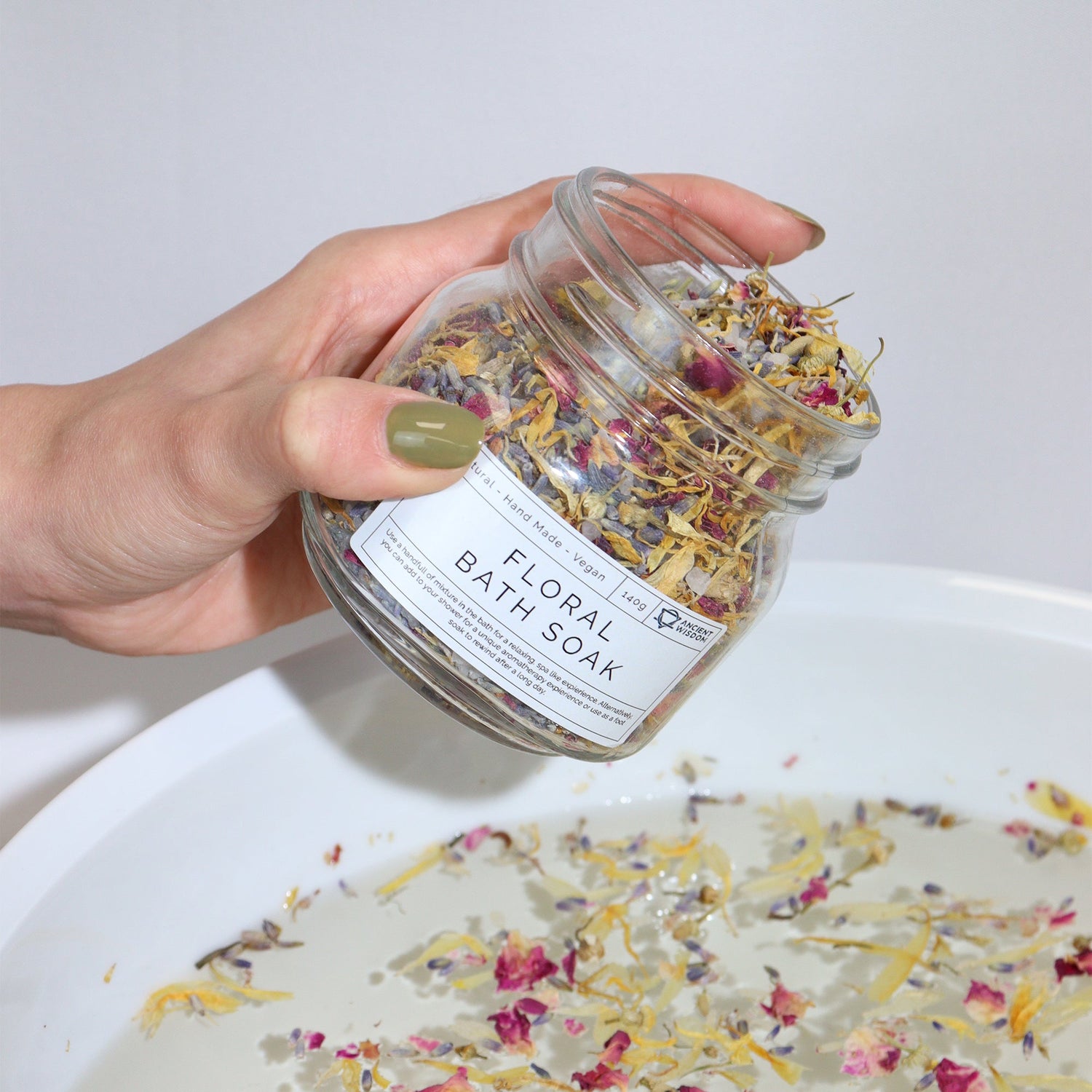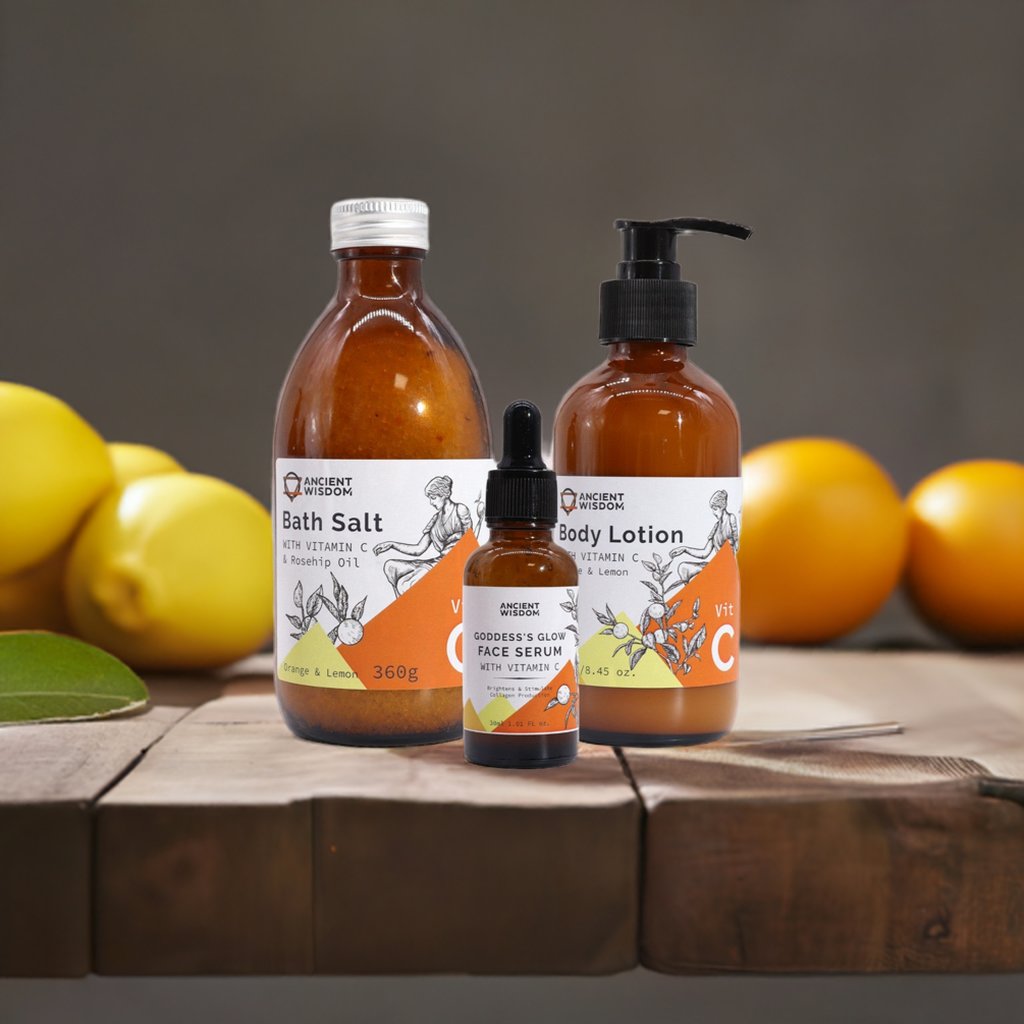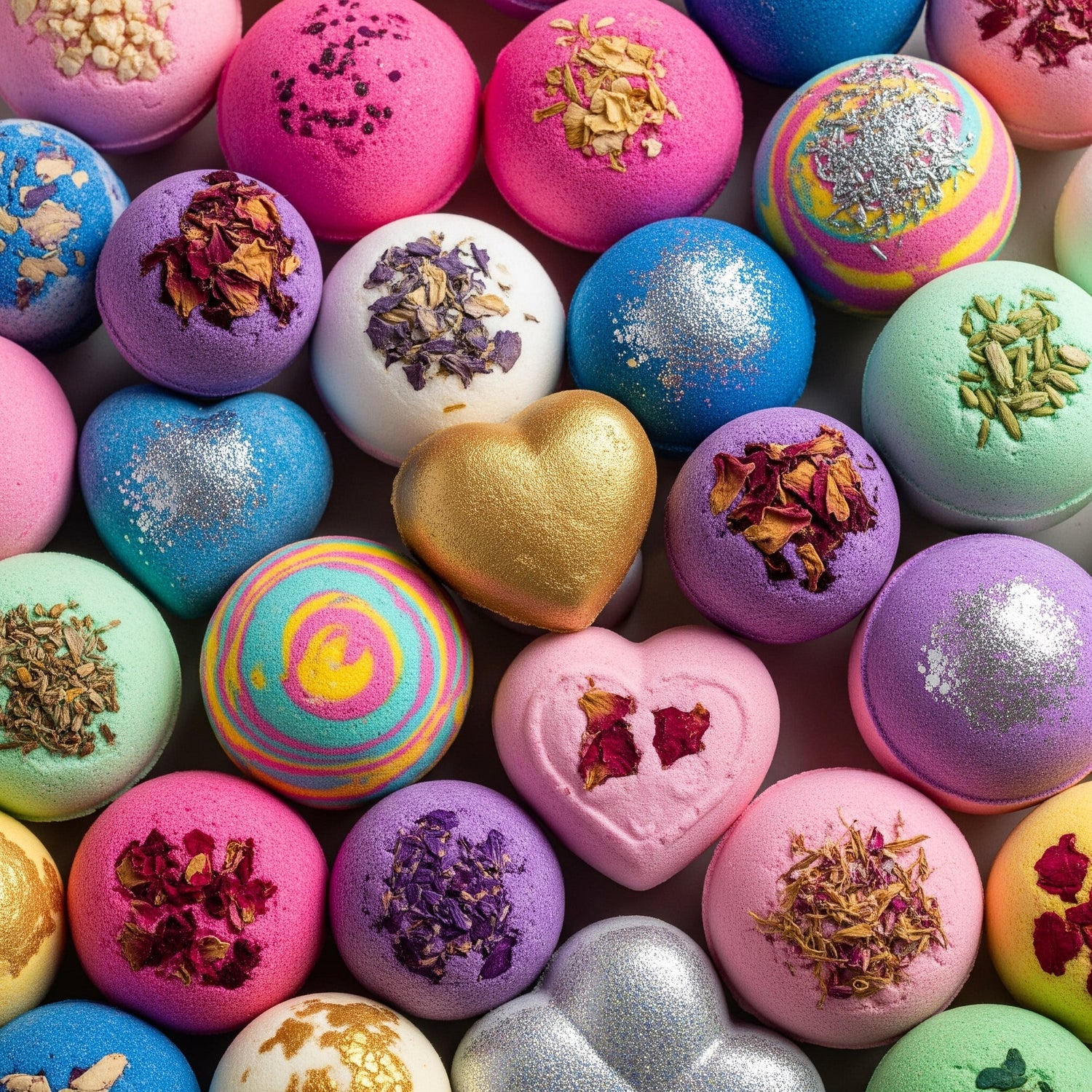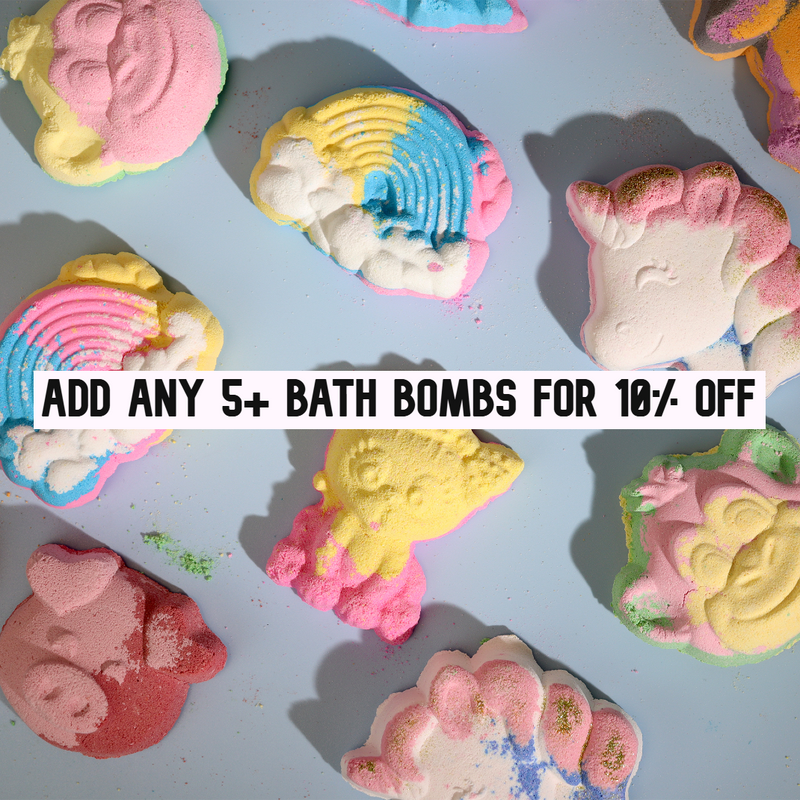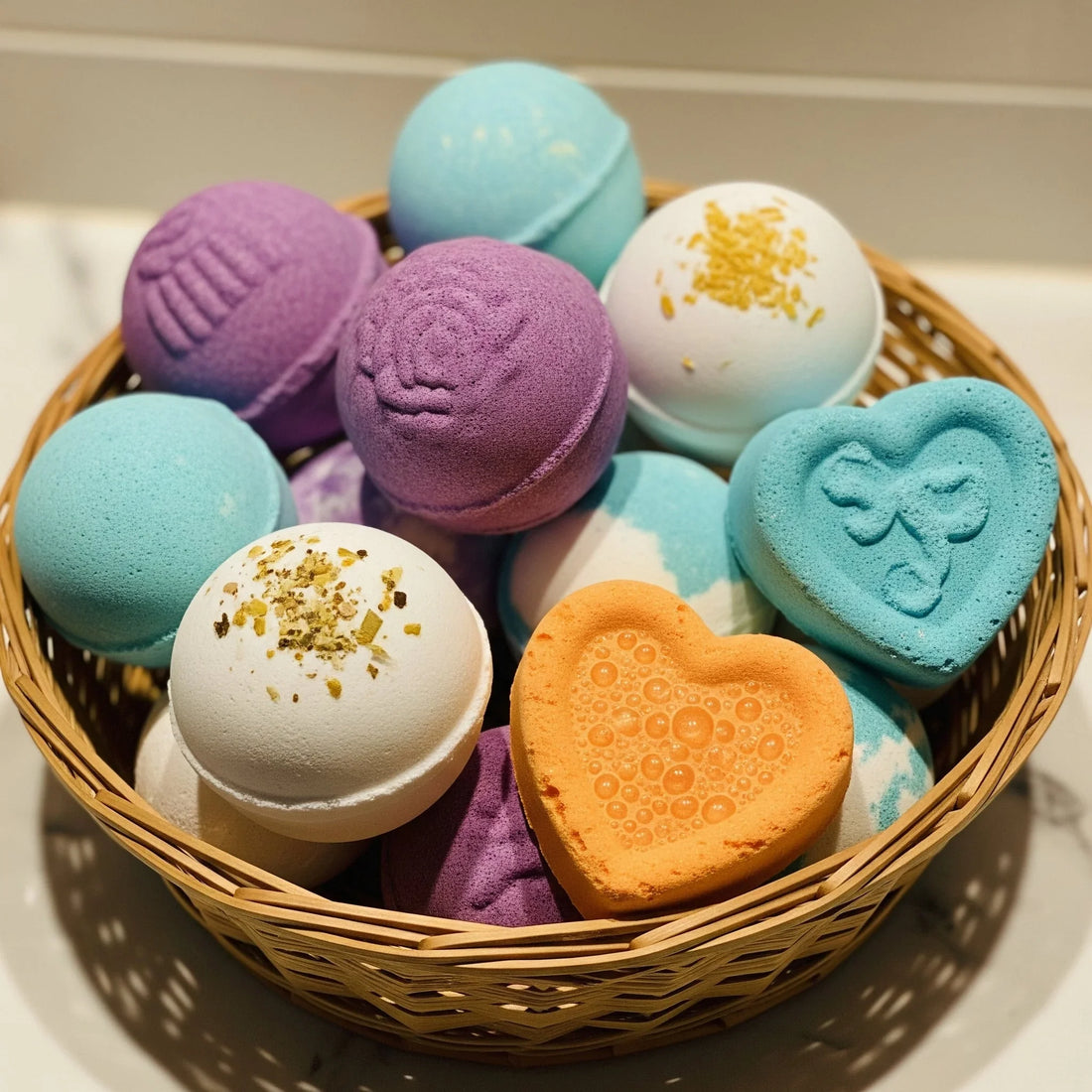
Are Bath Bombs Bad For Your Hair?
There’s nothing quite like dropping a colourful, fragrant bath bomb into a warm tub and watching it fizz away, transforming your bathroom into a personal spa oasis. The aroma, the vibrant hues swirling in the water – it’s pure bliss! But amidst all this sensory delight, a question often bubbles up (pun intended!):
Are bath bombs bad for your hair? It’s a really common concern, especially for those of us who regularly indulge in a luxurious soak or perhaps accidentally dunk our hair in the colourful water. Let’s unpick this, ingredient by ingredient, and get to the bottom of whether your favourite bath time treat is a friend or foe to your precious strands.
First off, it's important to remember that bath bombs are primarily designed for your skin, not your hair. Their main purpose is to soften bath water, release lovely fragrances, and often contain emollients to moisturise your skin. So, when your hair gets involved, it's usually an accidental immersion rather than an intentional hair treatment. This is where we need to be a little more mindful.
So, what exactly are bath bombs made of? Typically, they're a mix of:
✨ Baking Soda (Sodium Bicarbonate): This is the base that reacts with citric acid to create that wonderful fizz. While generally safe, high concentrations of baking soda can have a drying effect.
✨ Citric Acid: The other half of the fizzing equation. Also generally safe, but like baking soda, in excess, it can be a little harsh.
✨ Epsom Salts (Magnesium Sulfate): Often added for their muscle-soothing properties. Epsom salts are known to absorb oils, which might be a concern for some hair types.
✨ Fragrances (Essential Oils & Synthetic Fragrances): This is where things can get a bit tricky. Strong, artificial fragrances can sometimes be irritating to the scalp and potentially dry out hair. Natural essential oils are often a better choice, but even then, some people can be sensitive.
✨ Colourants (Dyes & Pigments): These are what give bath bombs their beautiful hues. While most are considered cosmetic-grade and safe for skin, some cheaper or more concentrated dyes can potentially leave a residue on lighter hair, especially if your hair is porous or damaged. Think of it like temporary staining.
✨ Oils and Butters (e.g., Coconut Oil, Shea Butter, Cocoa Butter): These are often added for their moisturising properties and can actually be beneficial for your hair, helping to add shine and softness. However, too much can leave an oily residue if not rinsed properly.
✨ Glitter and Other Embellishments: While pretty, glitter can cling to hair and be difficult to wash out. Microplastics are also a concern from an environmental perspective, so opting for glitter-free bath bombs is a good idea.
When can bath bombs be potentially problematic for your hair?
It really boils down to a few key factors:
✨ Ingredient Quality: Cheaper bath bombs often use lower-grade ingredients, harsh artificial fragrances, and more intense dyes. These are the ones more likely to cause issues like dryness, irritation, or even a slight colour tint, especially on lighter hair colours like blonde or platinum. Always check the ingredient list if you're concerned.
✨ Hair Type and Condition: If you have particularly dry, brittle, or chemically treated hair (bleached, permed, coloured), your hair cuticles might be more open, making it more susceptible to absorbing ingredients from the bath water. This could lead to further dryness or even colour alteration.
✨ Duration of Exposure: Accidentally dipping your hair for a second or two is very different from soaking your entire head of hair in bath bomb water for an extended period. The longer your hair is exposed, the higher the chance of any potentially adverse effects.
✨ Rinsing Habits: Not thoroughly rinsing your hair after it’s been submerged in bath bomb water is a big no-no. Any lingering residues from fragrances, dyes, or even oils can build up, leading to dullness, greasiness, or irritation.
So, are bath bombs going to ruin your hair forever? Probably not! For most people, occasional, accidental exposure to bath bomb water won't cause lasting damage. However, being aware of the potential issues means you can take steps to protect your hair.
How to Protect Your Hair When Using Bath Bombs:
✨ Keep Your Hair Out of the Water: This is the most straightforward solution! Use a hair clip, tie your hair up in a bun, or even wear a shower cap if you want to be extra cautious. This completely avoids any contact with the bath bomb water.
✨ Rinse Your Hair Thoroughly: If your hair does get wet, make sure to rinse it really well with clean, fresh water immediately after your bath. You might even want to do a quick shampoo and condition to remove any lingering residues and restore your hair's natural balance.
✨ Opt for "Hair-Friendly" Ingredients: If you're buying bath bombs, look for ones that use natural essential oils over artificial fragrances and are free from excessive dyes or glitter. Bath bombs that are rich in natural moisturising oils like jojoba oil or argan oil can actually be less drying.
✨ Consider a Pre-Bath Hair Treatment: If you’re really worried, apply a leave-in conditioner or a light hair oil to your strands before hopping in the tub. This can create a protective barrier, reducing the absorption of anything potentially drying.
✨ Listen to Your Hair and Scalp: If you notice any dryness, irritation, or an oily residue after using a bath bomb, then it’s a clear sign that particular product might not be suitable for your hair or scalp.
In conclusion, while bath bombs are generally safe for a relaxing soak, it’s wise to be mindful of their potential impact on your hair. By understanding the ingredients and taking a few simple preventative measures, you can continue to enjoy your luxurious bath without compromising the health and beauty of your precious locks. So go ahead, enjoy that fizz, but perhaps keep your head above water! Your hair will thank you for it.

